
Harry Palmer in
The Ipcress File
Len Deighton’s novel, The Ipcress File was released shortly after the first James Bond film, Dr. No (1962). The novel sold well enough that producers Harry Saltzman and “Cubby” Broccoli asked Deighton to write the script for the next Bond film, From Russia with Love. He only got about 35 pages in before the producers replaced him for working too slowly.
Still, there was no desire to throw the baby out with the bath water, so Saltzman decided to use The Ipcress File as the foundation for a completely new secret agent film franchise. Fresh off his first big break in Zulu, Michael Caine took the role of working class secret agent Harry Palmer. Palmer is essentially the anti-Bond. He stays in sleazy hotels, cooks his own meals, wears thick glasses, and complains about his pay. Nevertheless, he is every bit the super spy.
“A friend of mine met Putin and he was head of the KGB then and he said, ‘Tell Mr. Caine we used to watch those movies and laugh because he was such a clever spy and we were never that clever.’” — Michael Caine
The character, as created by Deighton in first-person narratives, goes unnamed as a matter of course. He could have any name and it could be just as valid or just as false, given his line of work. Still, for the film, especially the birth of a new franchise, the character needed a name, one that lacked the glamour and panache of “Bond… James Bond.” Harry Saltzman asked Caine, “What’s the dullest name you can think of?” Not considering the source, Caine replied, “Harry.” Michael Caine also supplied the surname Palmer, that of the most boring boy in his school. And thus, Harry Palmer began his career in cinematic espionage. Michael Caine reprised the role in four sequels, Funeral in Berlin (1966), Billion Dollar Brain (1967), Bullet to Beijing (1995), and Midnight in Saint Petersburg (1996), but only the first two are based on Deighton novels.
Lt. Harry Sennet in Operazione Goldman
aka Lightning Bolt
Anthony Eisley (Frankie and Johnny) is Lt. Harry Sennet, codenamed “Goldman” (or “Lightning Bolt” in U.S. release a couple years later) for his unlimited expense account. Unfortunately, the expense account of the folks who made this Eurospy entry appeared quite limited, but they did what they could, even flooding the entire set for the big finale.
Sennet works for the Federal Security Investigation Commission, which breaks a sacred super spy convention by being an unpronounceable acronym (“FSIC?!”). To add insult to ineptitude, the agency office nameplate looks like painted macaroni letters stuck to a block of wood. His superior officer, Capt. Patricia Flanagan (“Agent 36-22-36″, played by the sultry Diana Lorys) joins him on the mission, mostly so he’ll have someone to sexually harrass close at hand.
The “Goldman” name and gimmick where a checkbook is more effective than a gun was envisioned to capitalize on the rampant success of Goldfinger, but by the time of the U.S. release, Thunderball was the Bond film du jour, hence the retitle to Lightning Bolt. After the negatives were lost, the film had to be reassembled from available prints. Eisley also recorded some English narration to help explain the convoluted plot.
Folco Lulli (The Wages of Fear) supplies the menace as the portly beer baron Rehte. He even has a tricked out beer truck with a spinning mug on the roof and surveillance equipment within. Brewmeister Smith from Strange Brew would be duly jealous. Rehte has the requisite underwater lair and a cute schtick where he freezes all his foes in cryostasis so he can gloat at them rather than killing them outright. Still, he is clearly no match for our super spies.
Charles Vine in Licensed to Kill aka
The Second Best Secret Agent
in the Whole Wide World
While other super spy films of the 1960s take their inspiration from James Bond, Licensed to Kill wasn’t afraid to make a slew of indirect references to him. Tom Adams (The Great Escape) is Charles Vine, an agent with nearly as much skill as a certain 00 agent, and the license to prove it. Originally released in the U.K. as Licensed to Kill the film was recut and repackaged for U.S. release as The Second Best Secret Agent in the Whole Wide World with a catchy new theme song by Sammy Davis Jr. and a name and marketing campaign inspired by Avis Rent-a-Car. The structure of the film was altered to make it feel more like a Bond film, with a pre-credit sequence, but a direct reference to Bond by the Agency brass was removed along with expository dialogue regarding the macguffin and a scene in which Charles helps a young lady with a crossword just dripping with double entendre.
If you’re going to rip off James Bond, there’s no reason to half step it. Writer/director Lindsay Shonteff (The Million Eyes of Su-Muru) throws everything into this one:
An evil twin, a transvestite assassin named Vladimir She-He, a helicopter fight, a Russian assassin named Sadistikov, and a broomhandle mauser carried by Vine in a fashion similar to “Nick” from the TV series Tightrope. The film would do well enough to spawn no less than FIVE sequels, two with Tom Adams as Charles Vine but without Shonteff and three with Shonteff and a trio of different actors taking on the rechristened Charles Bind.
Boysie Oakes in The Liquidator
Before reviving the Bond novels in 1981, John Gardner created his own super spy in Boysie Oakes. Boysie joins Harry Palmer as an anti-Bond, but in a different way. Boysie (Rod Taylor) isn’t a working class super spy. He’s a coward, a lecher, and a liar. Recruited in error, he is given the codename “L” for “Liquidator” and sent on an assassination mission. Naturally, he does what any good super spy would do. He hires a true professional assassin to do the dirty work for him while he takes the boss’ secretary (the vivacious Jill St. John pre-Diamonds are Forever) out for the weekend. The vacation is short-lived, however, as an enemy agent tricks Boysie into attempting to assassinate the Duke of Edinburgh.
While not up to Bond film standards, effort was made to capture the style of the genre. Lalo Schifrin (“Theme from Mission: Impossible) composed the score, and Shirley Bassey (“Goldfinger”) sang the title song. MGM planned a series of Boysie Oakes films, but a year’s delay in the U.S. release of The Liquidator found the window of opportunity closing on them. As you’ll see in the days ahead, the field was about to get quite crowded…


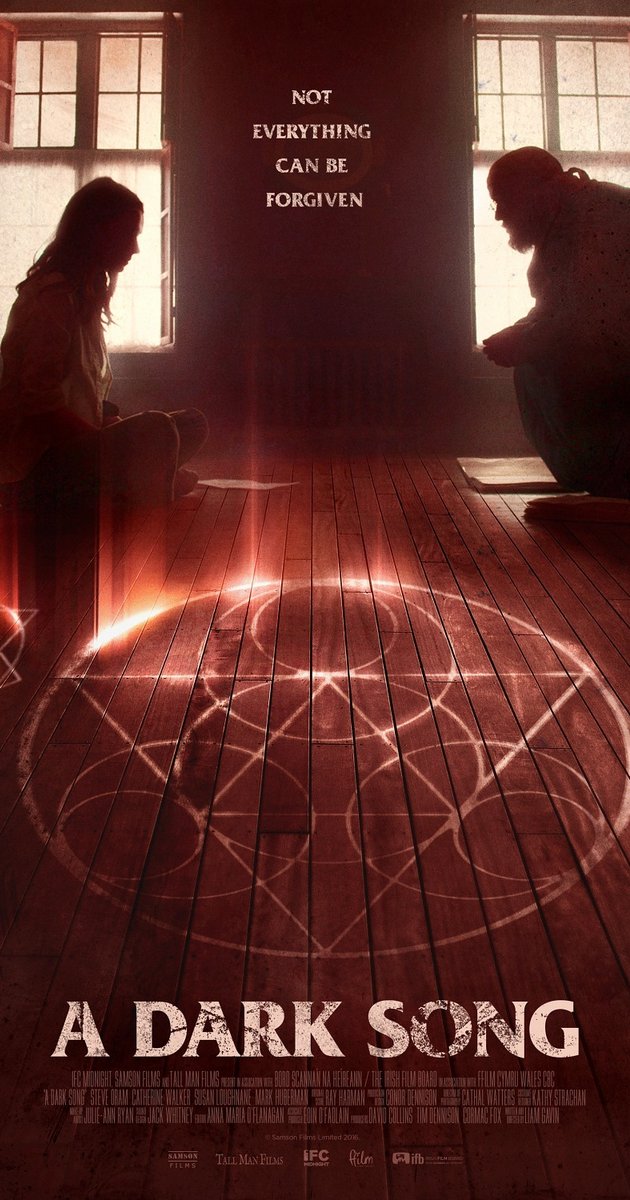
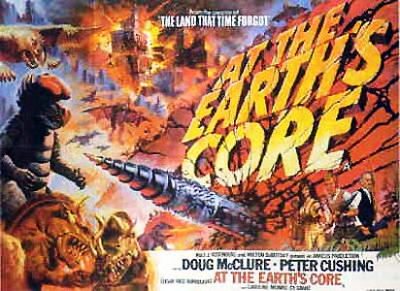
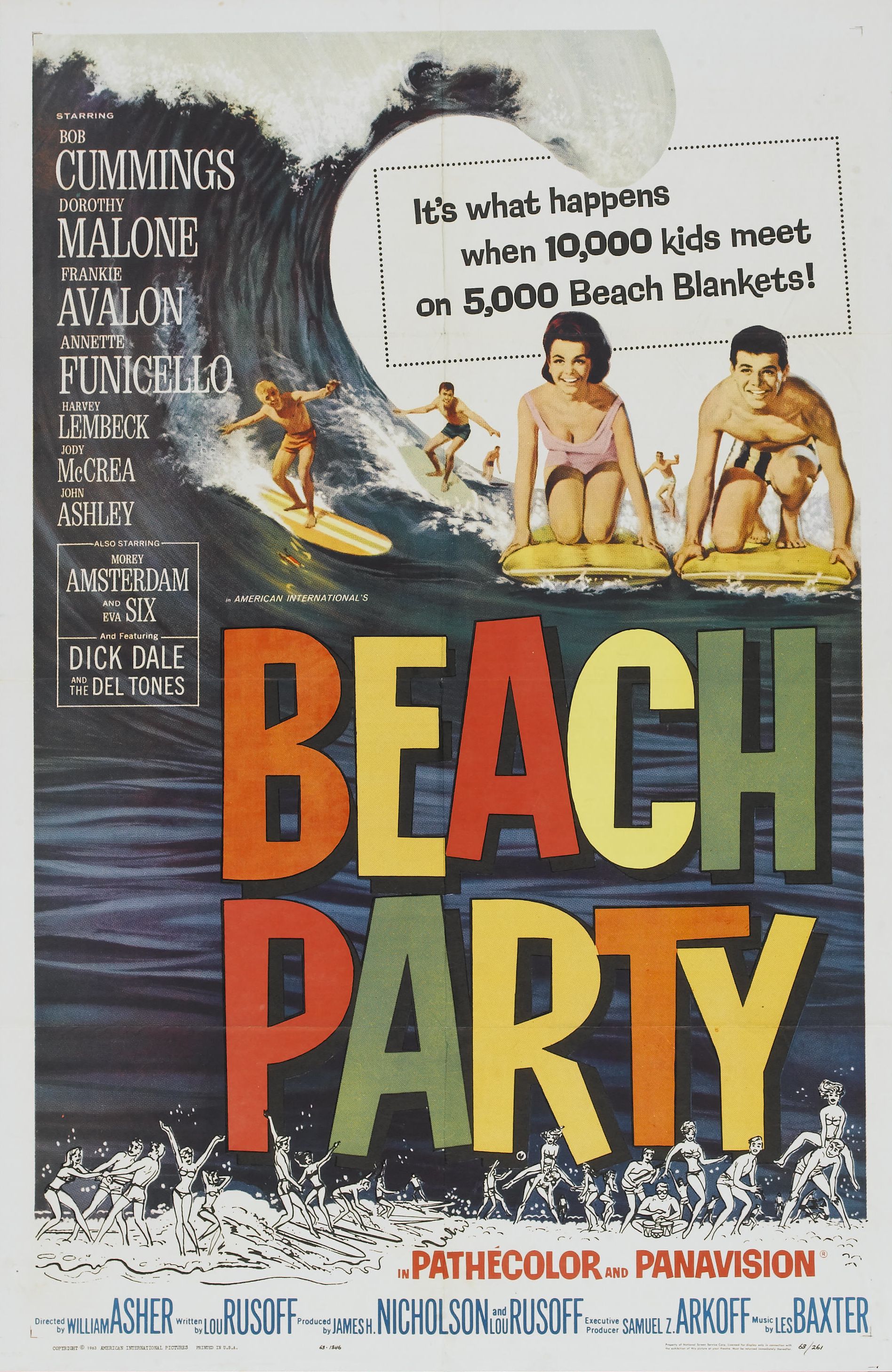
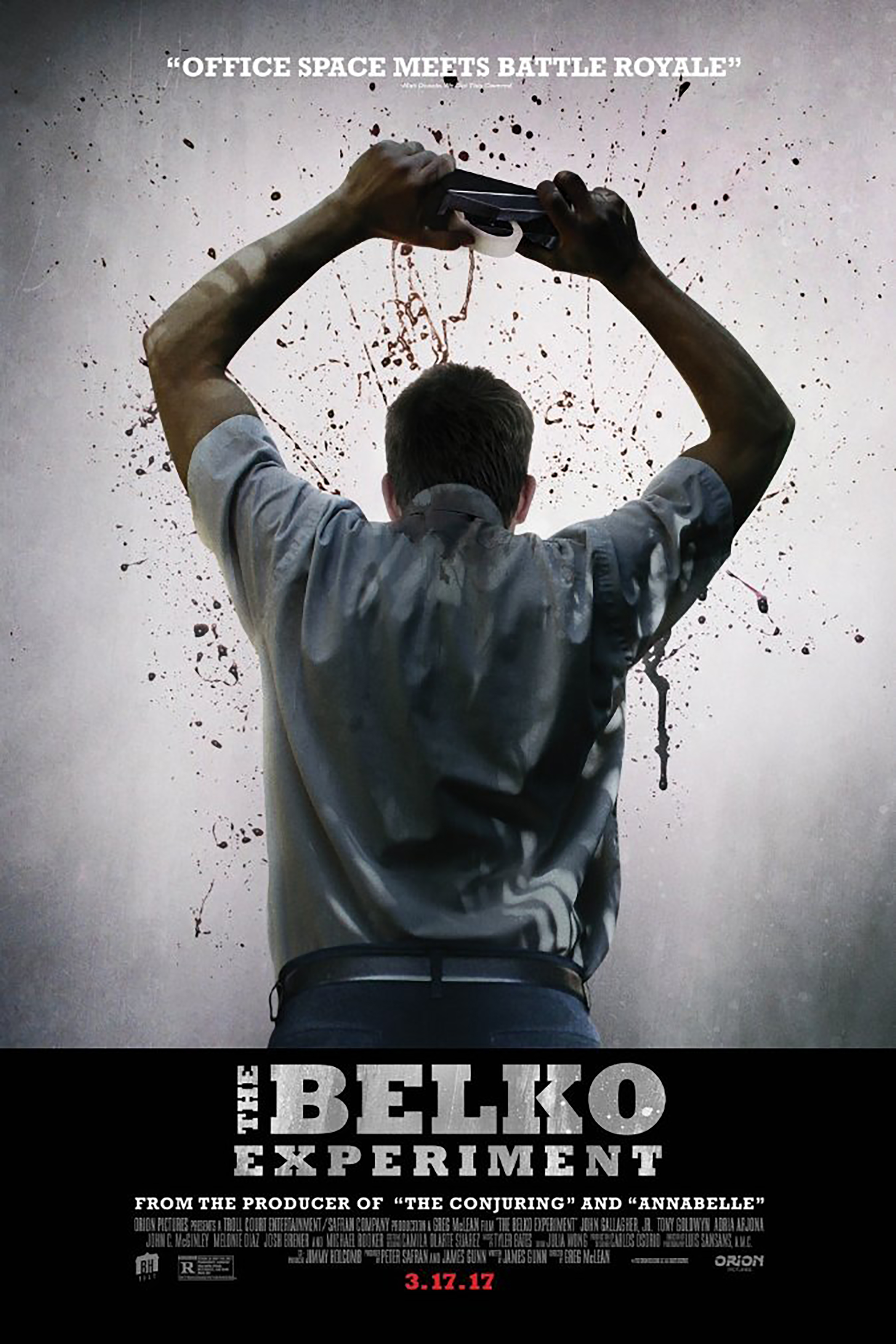
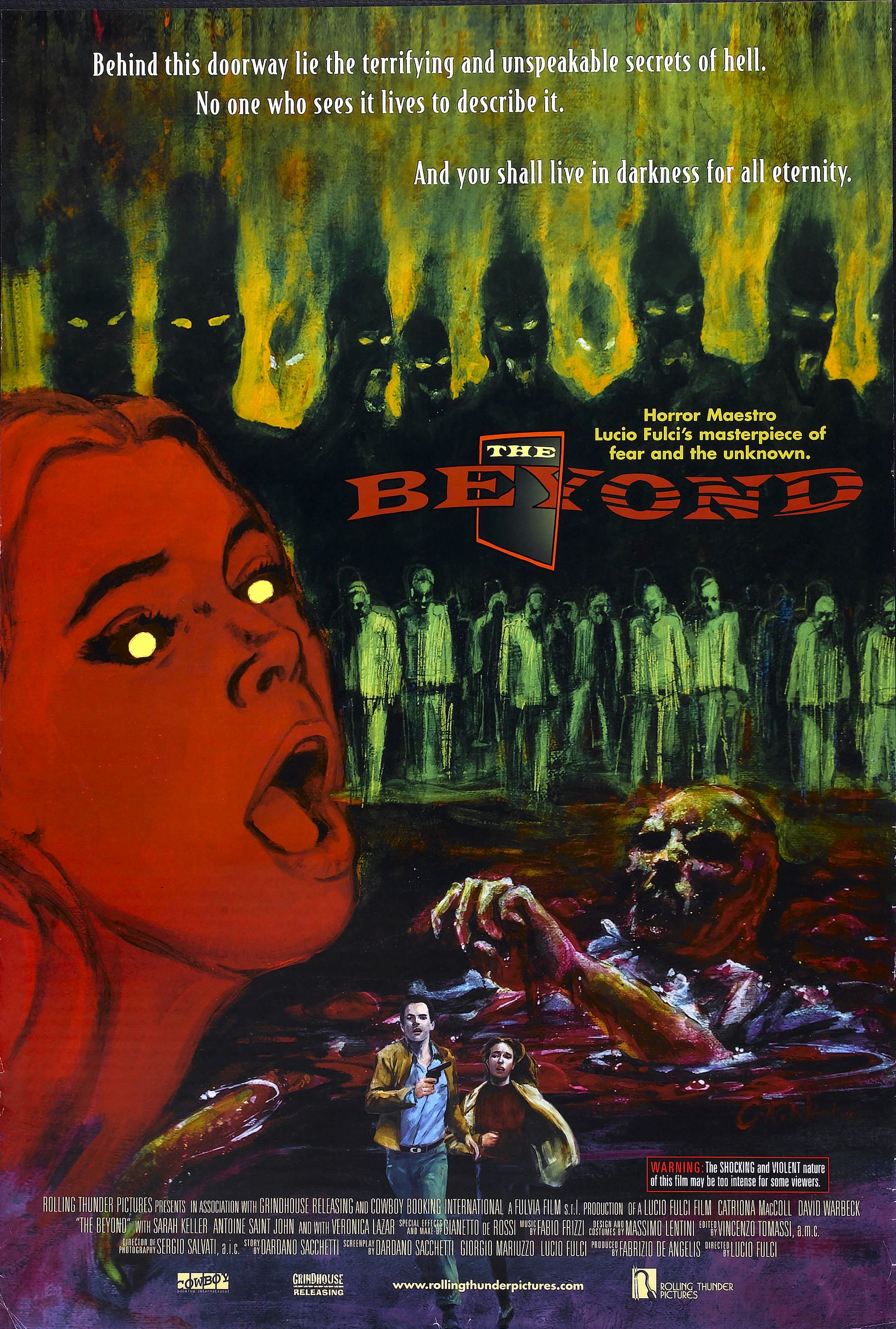
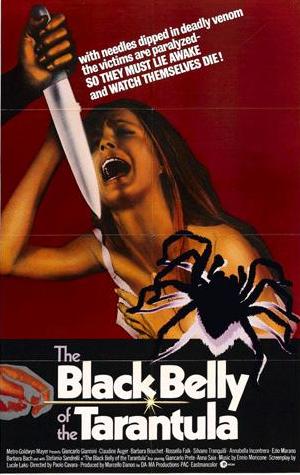
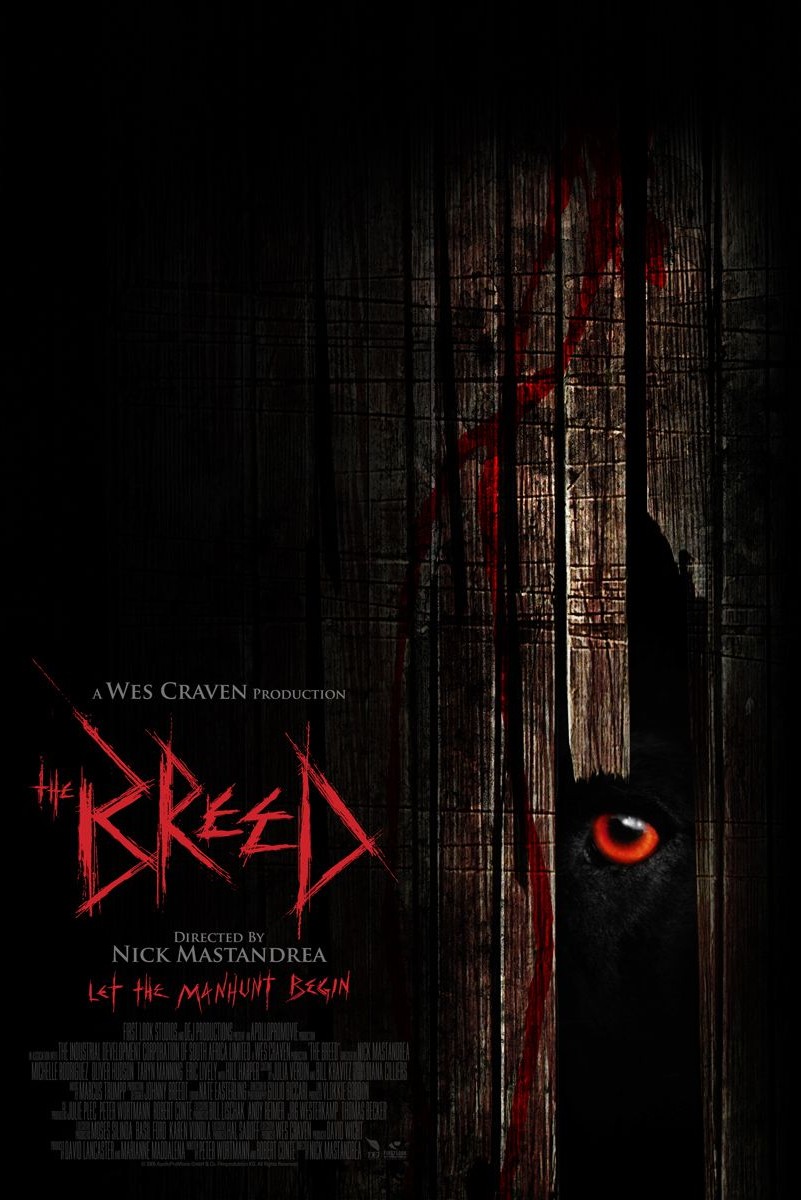
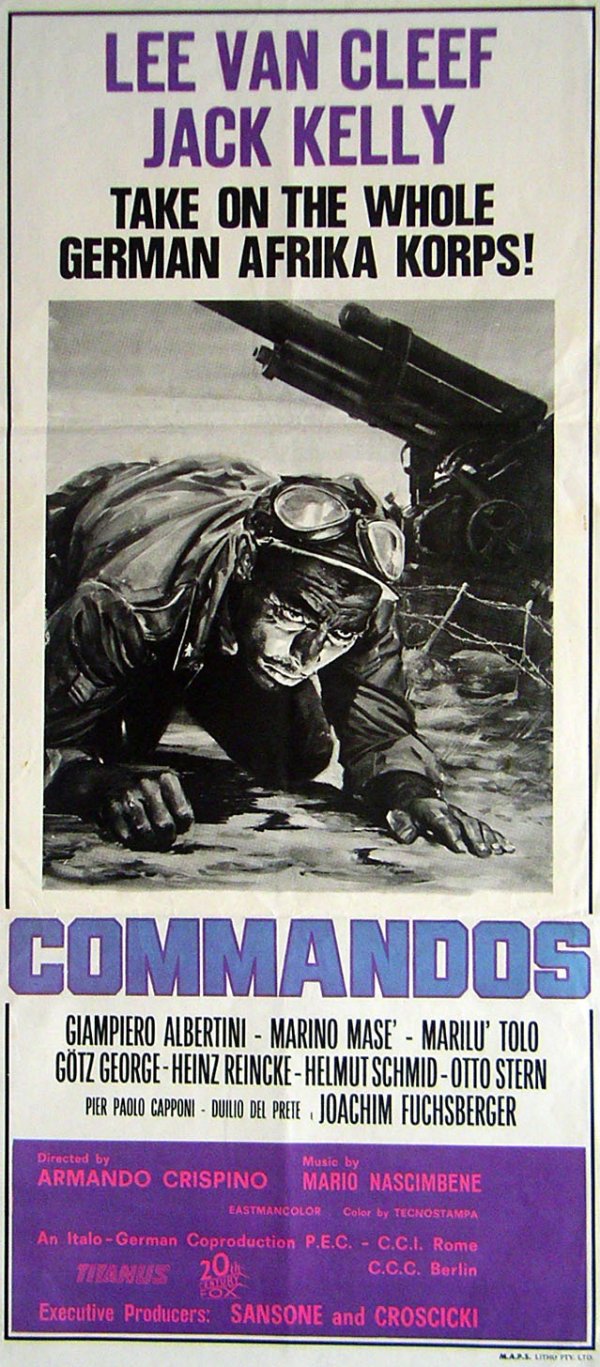
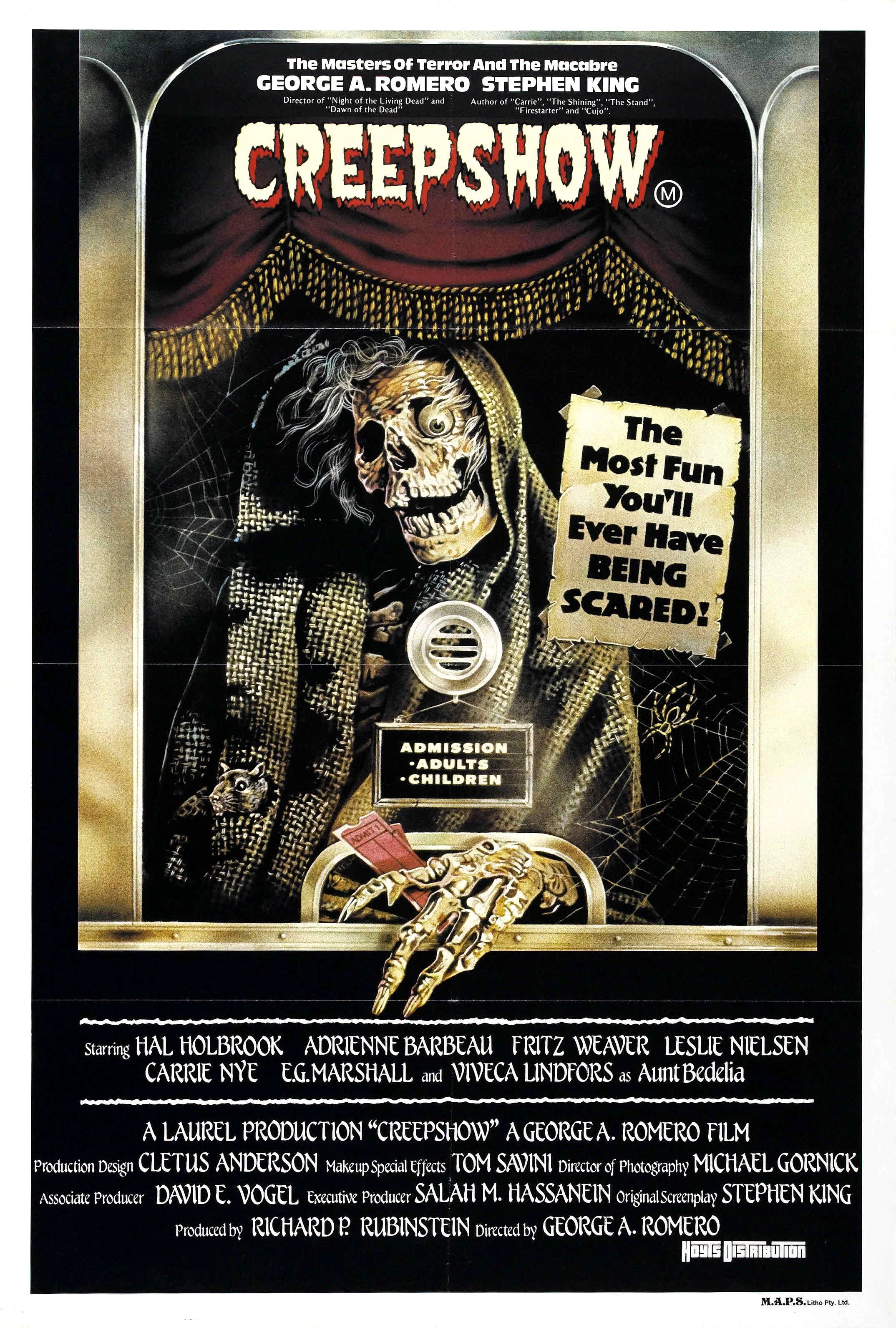
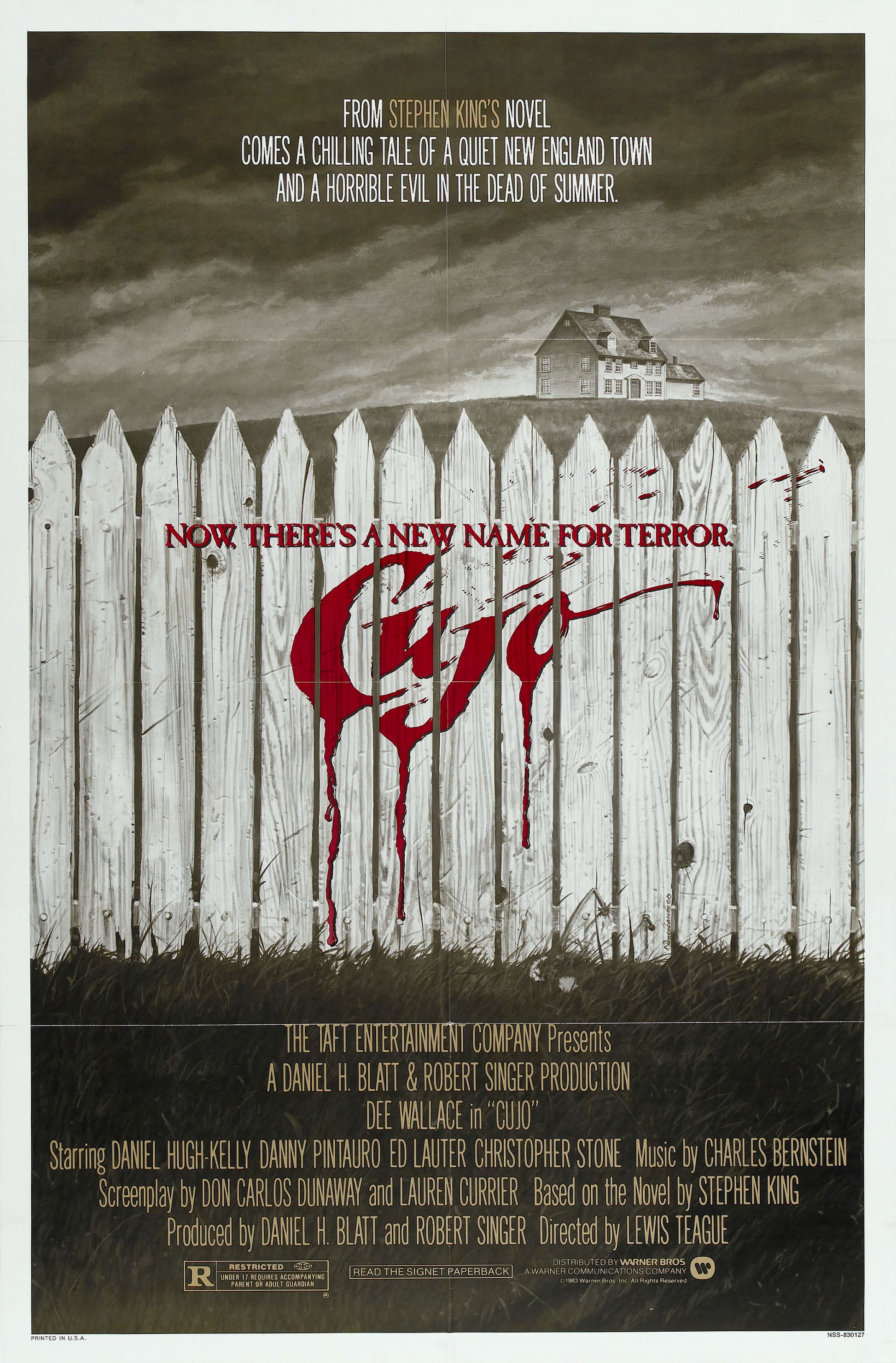
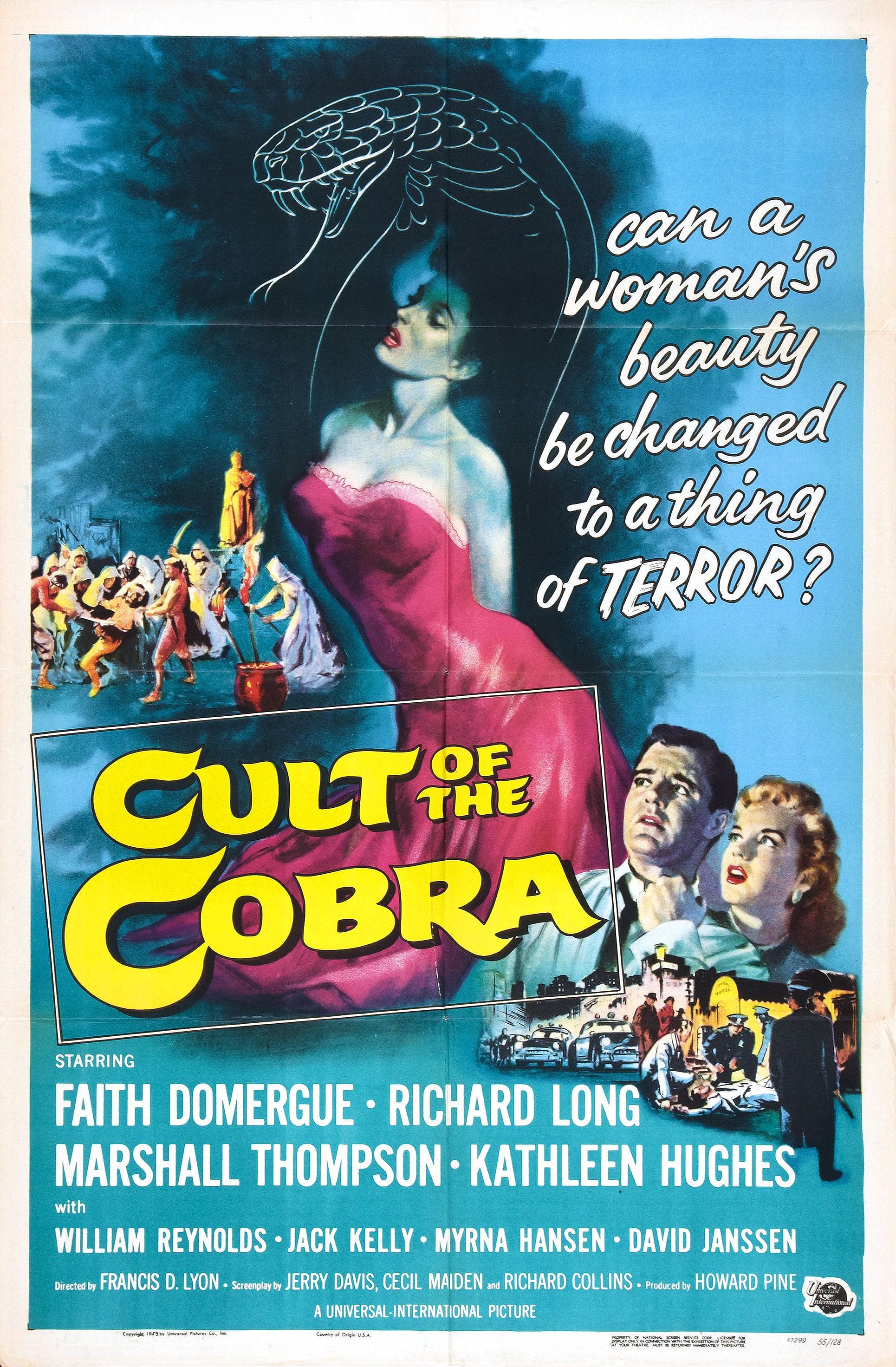
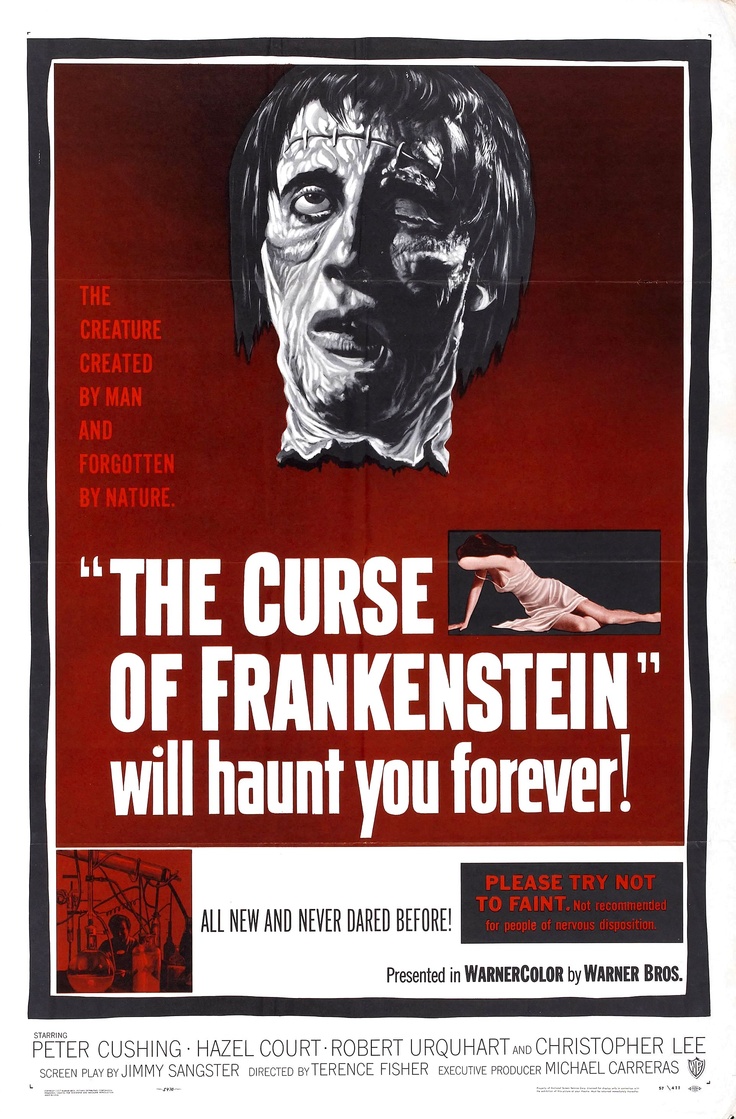
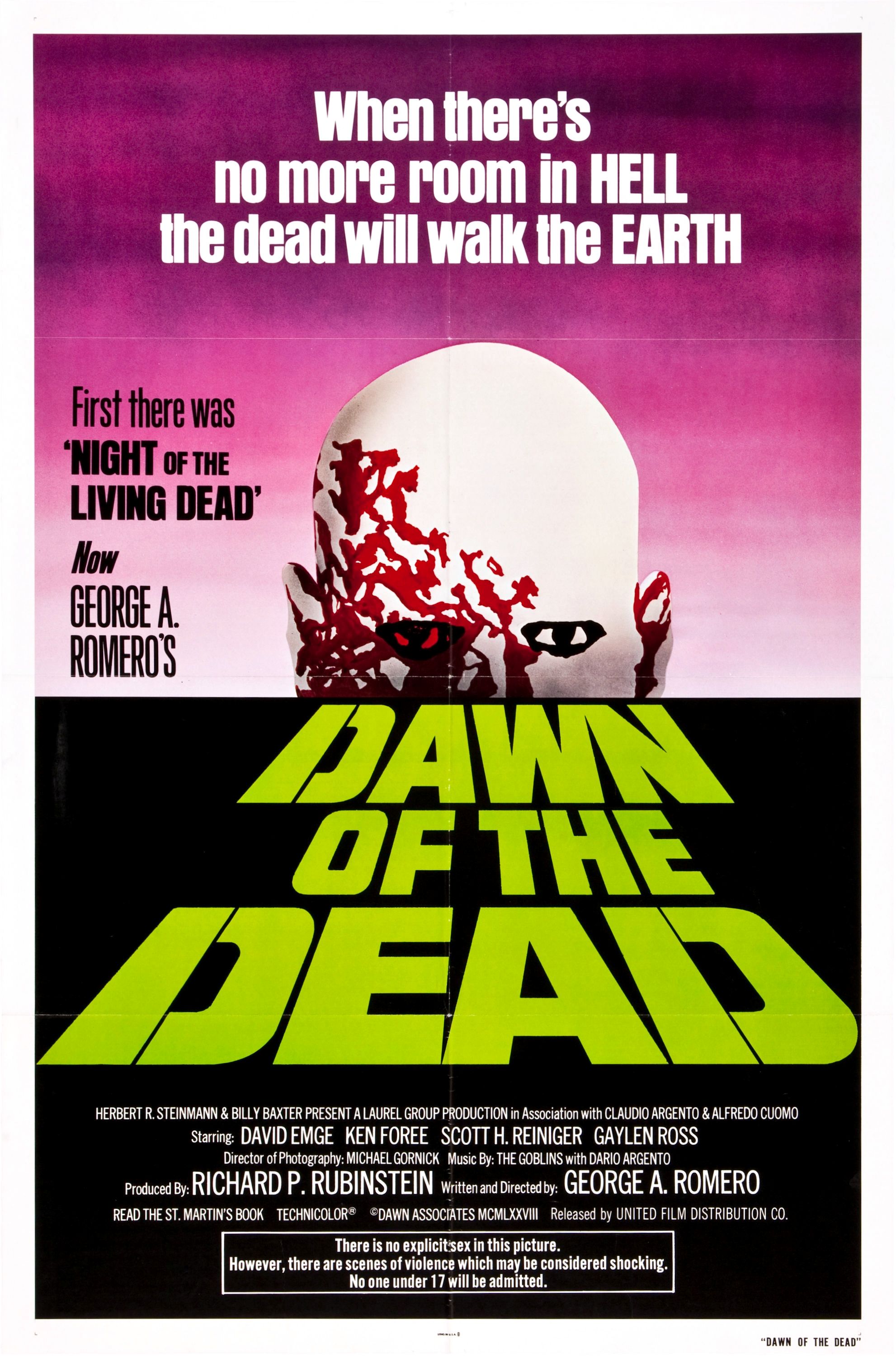
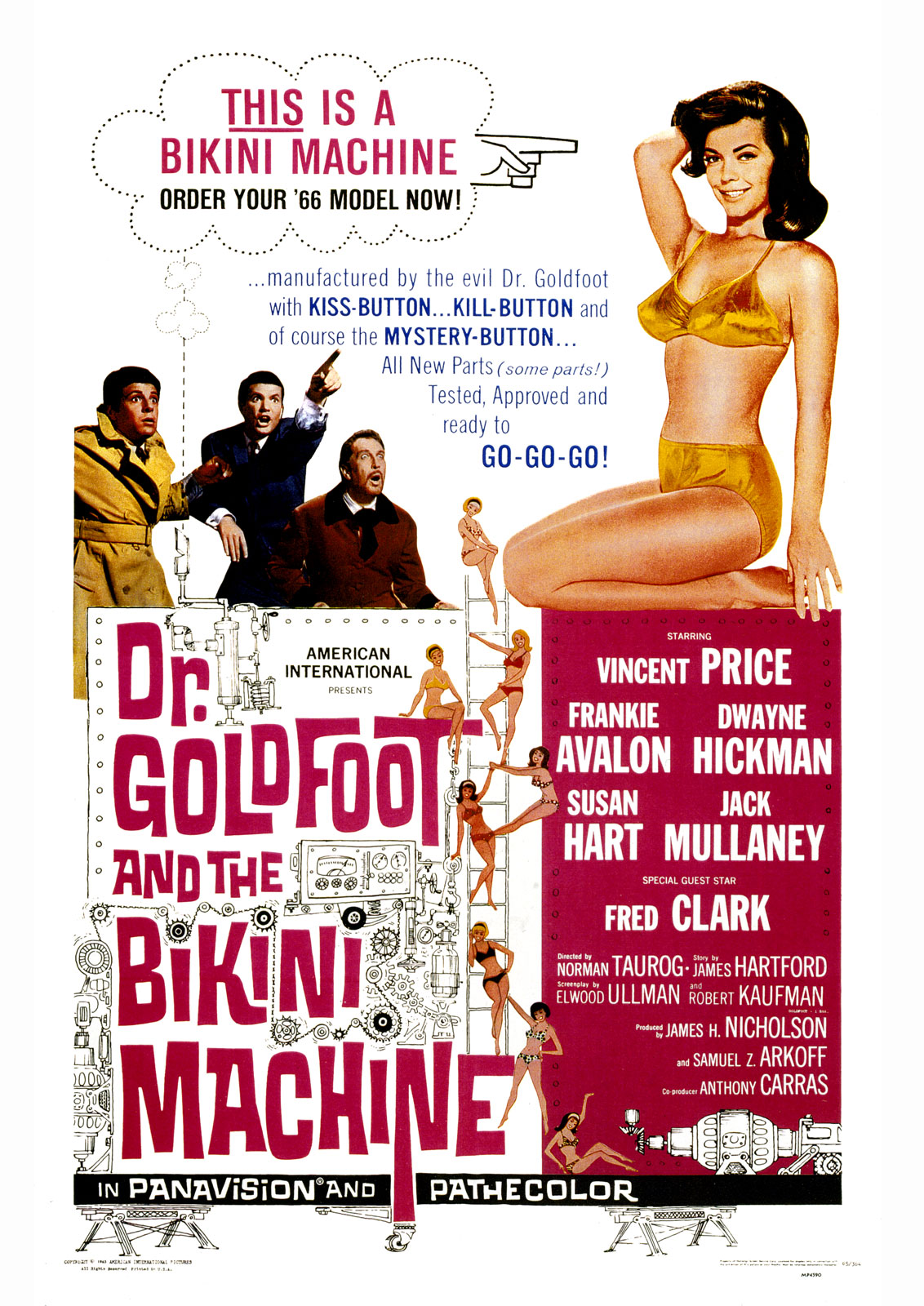

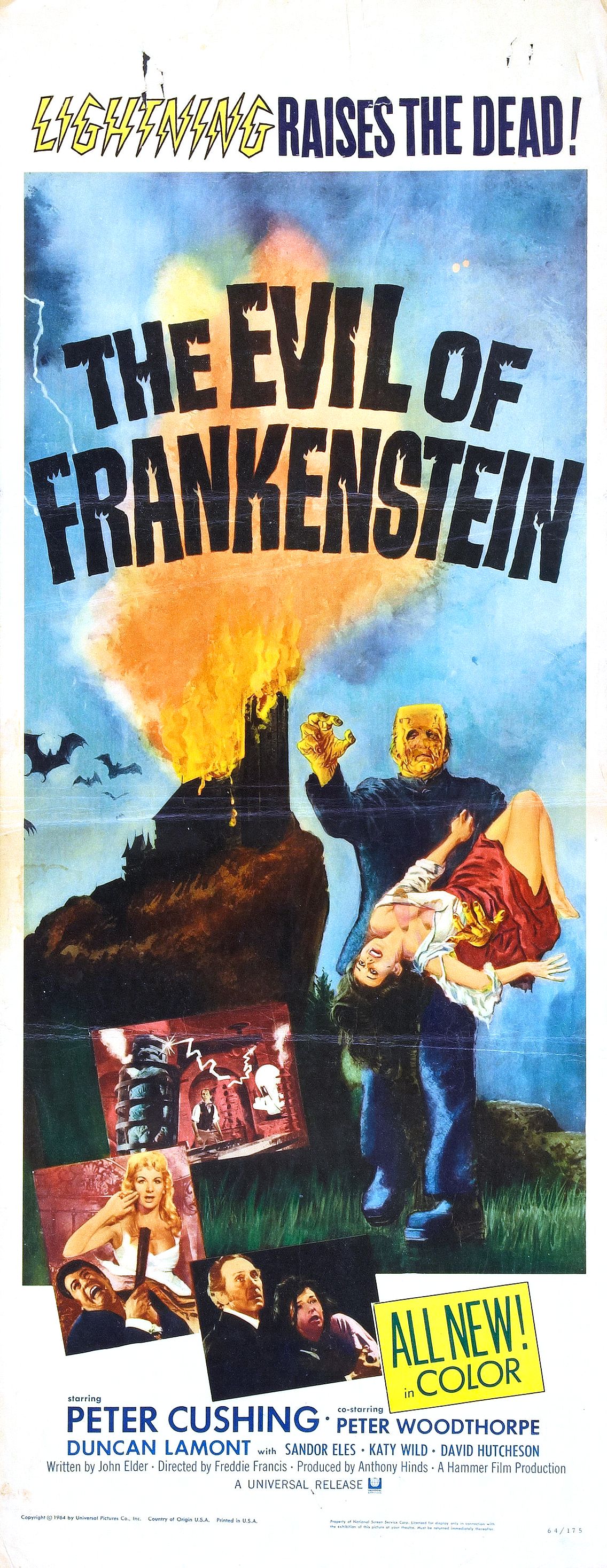
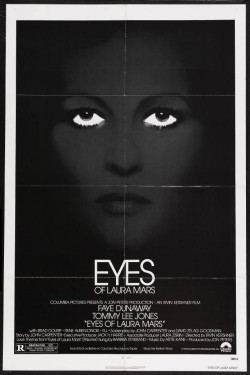
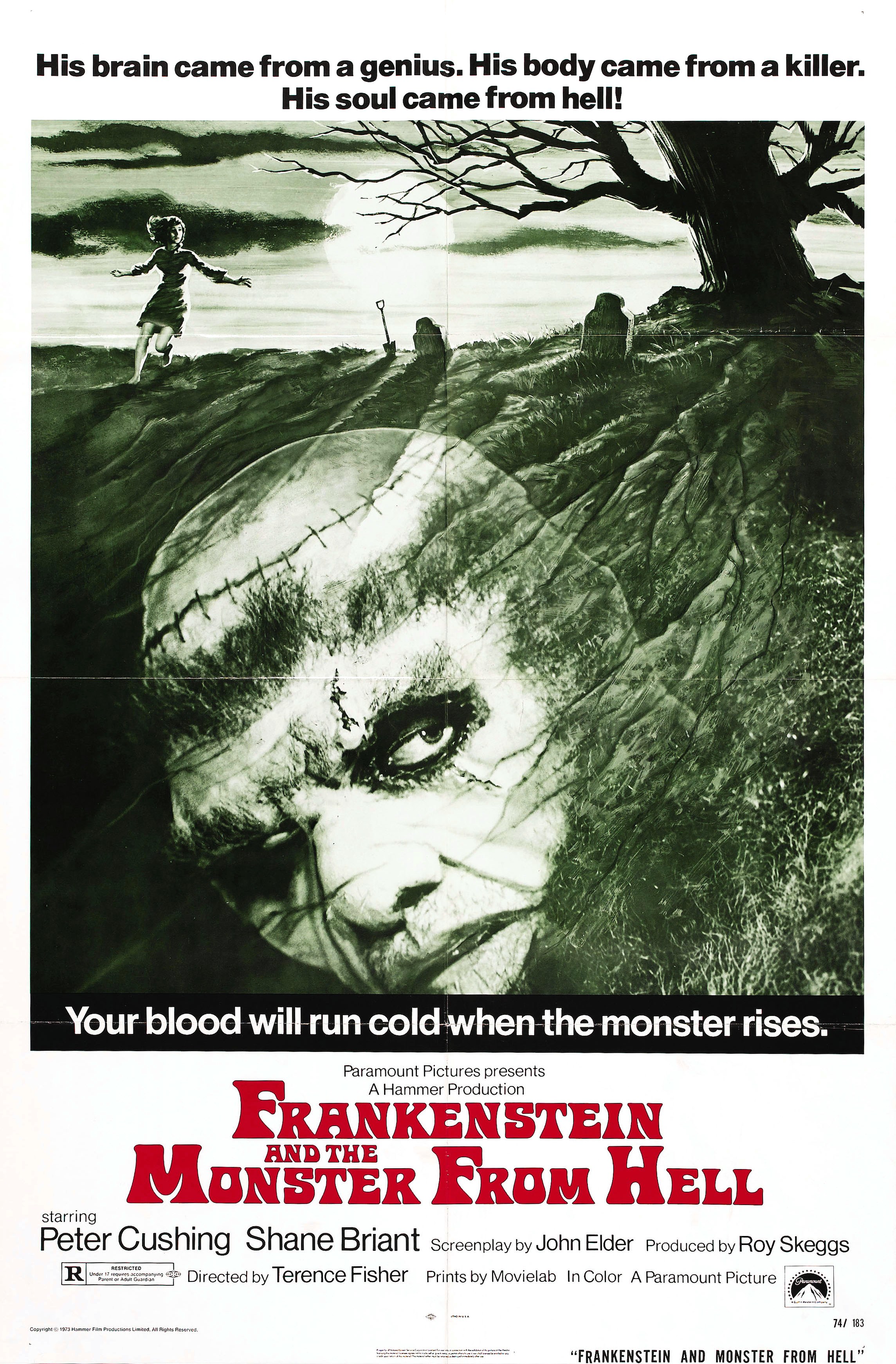
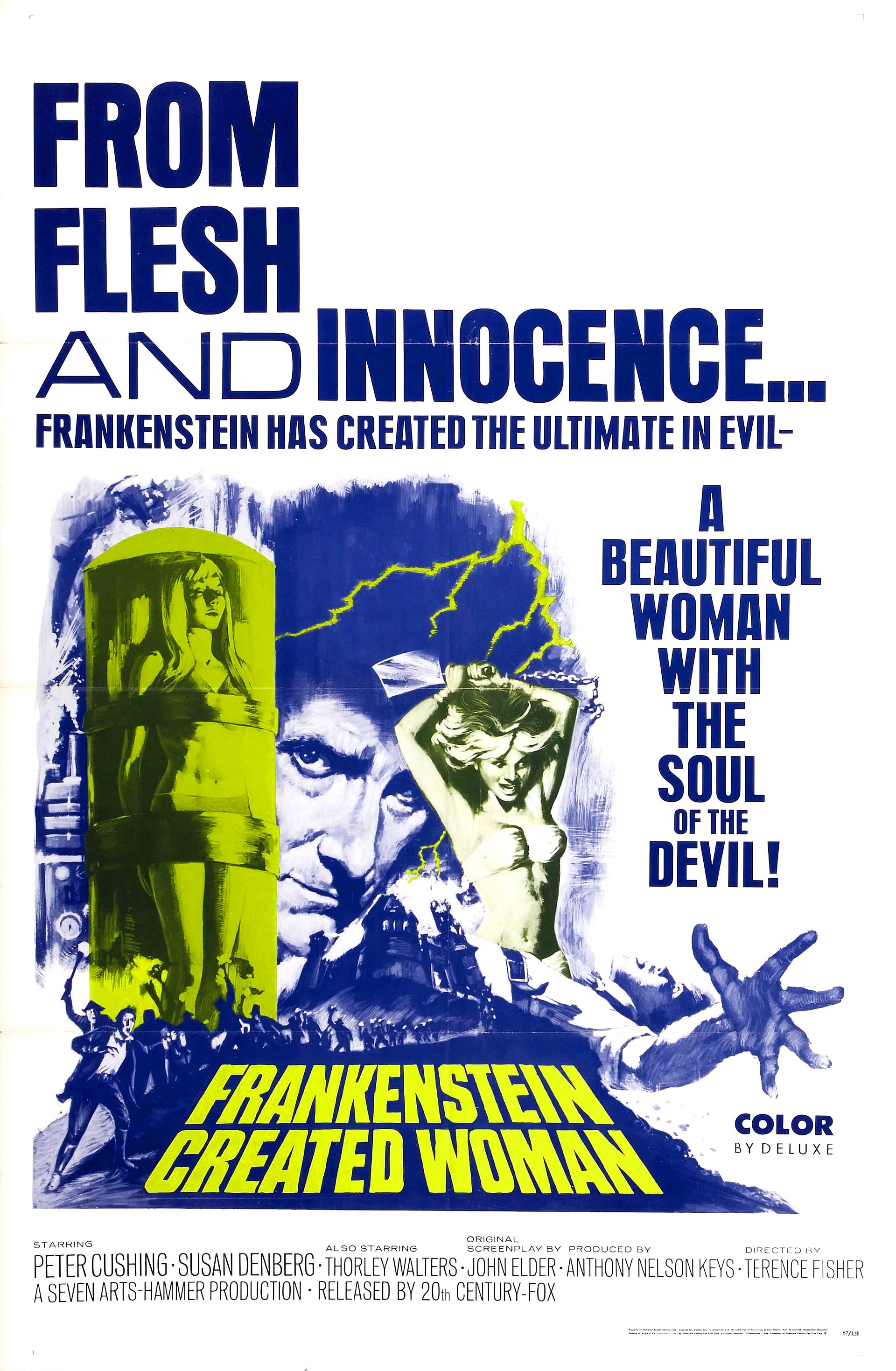
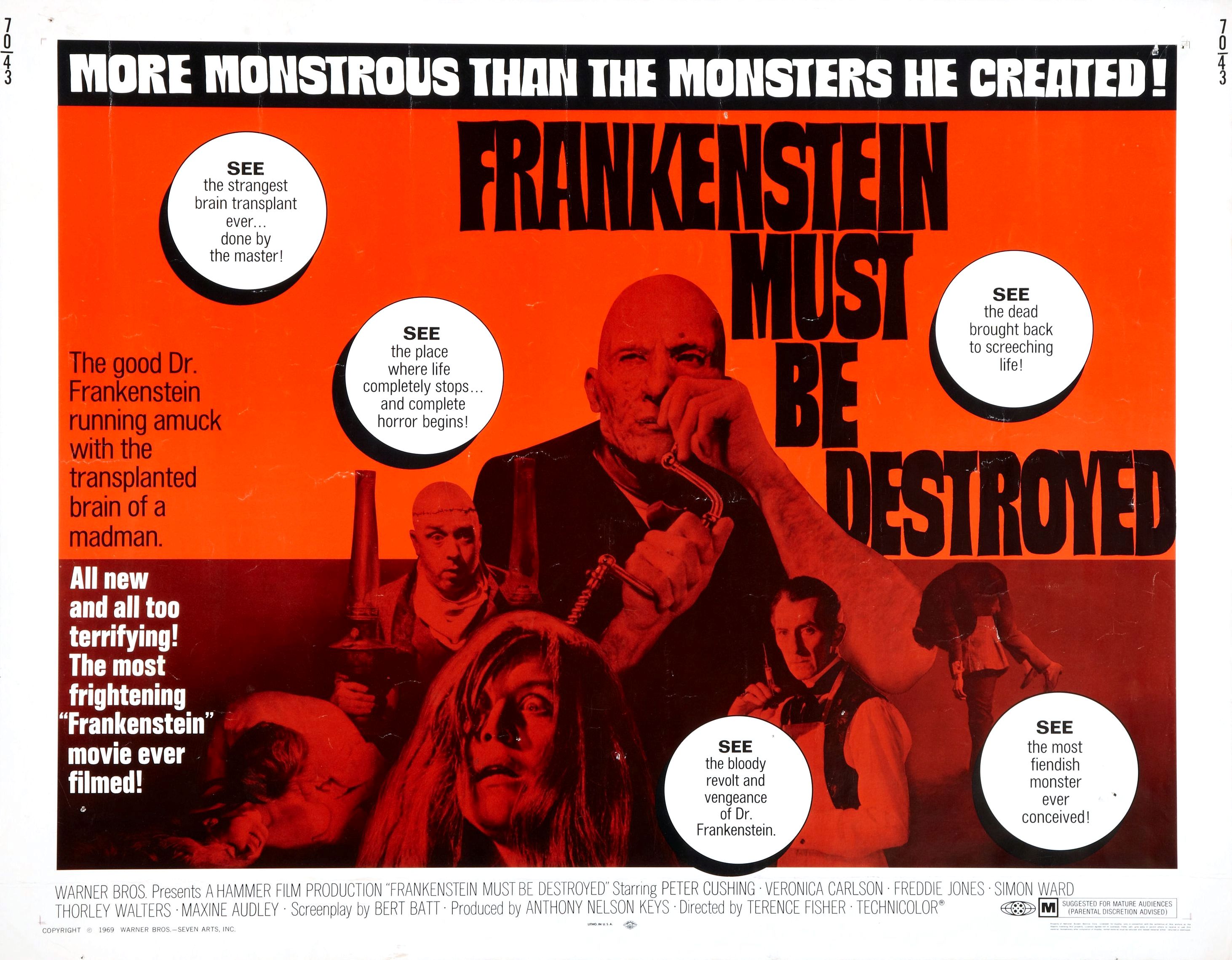
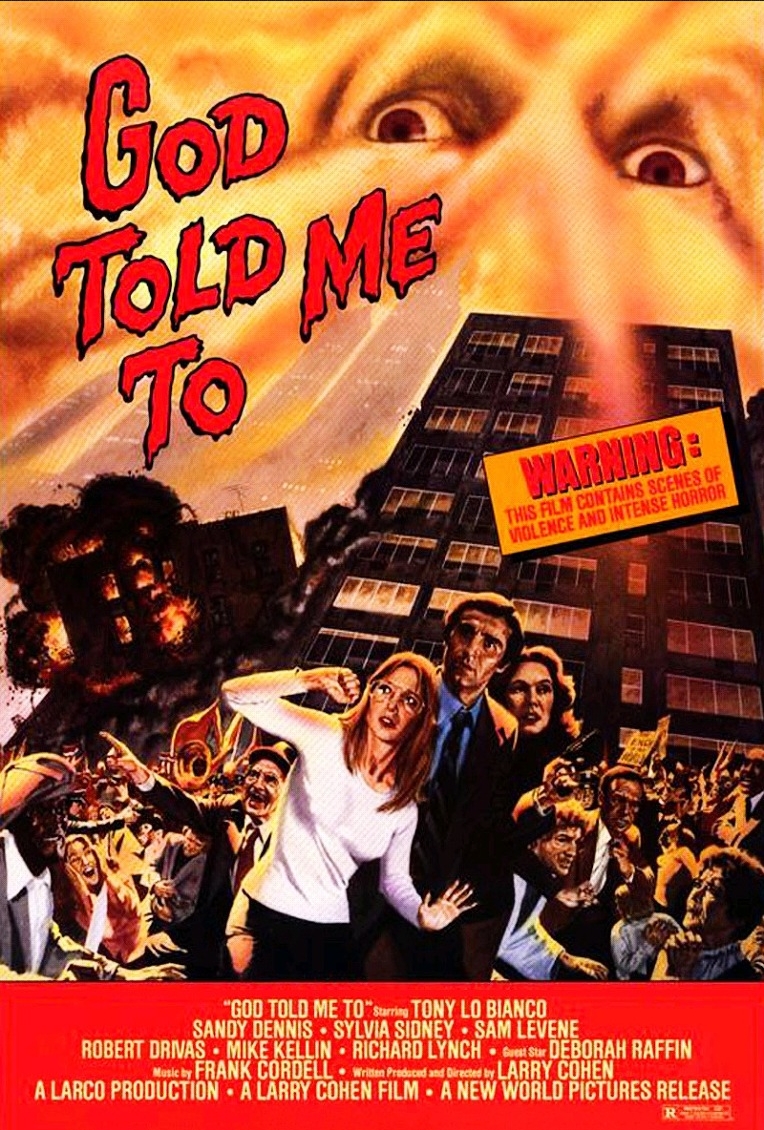

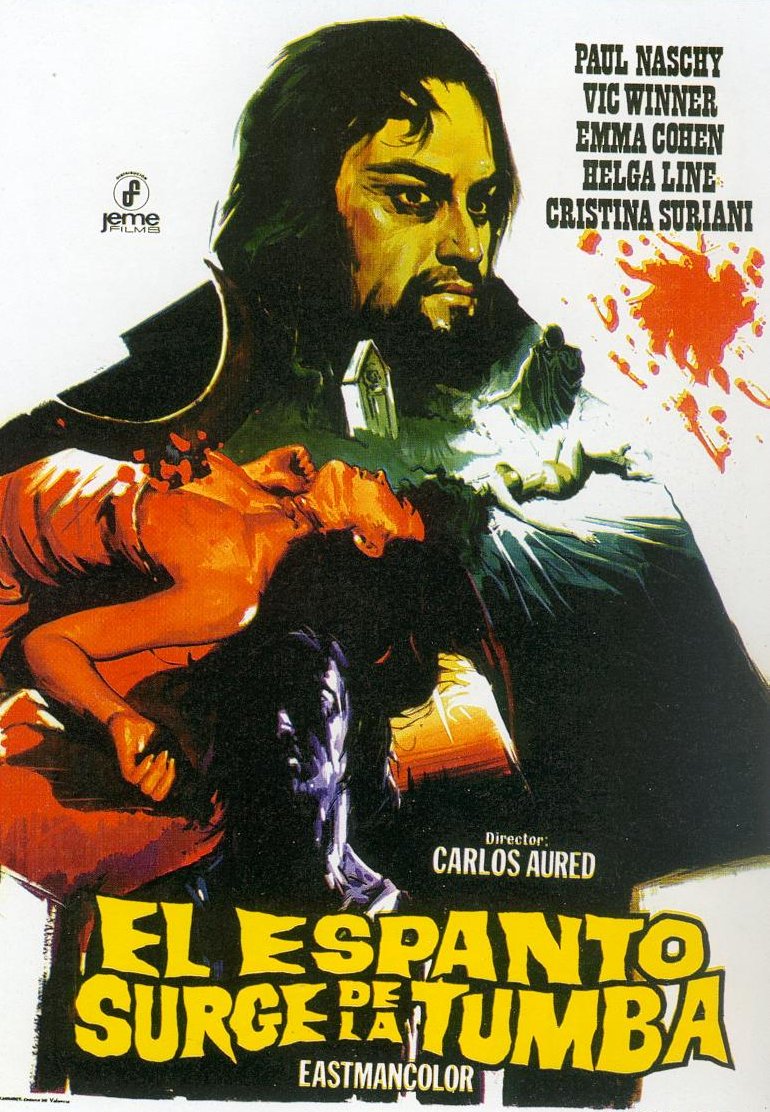
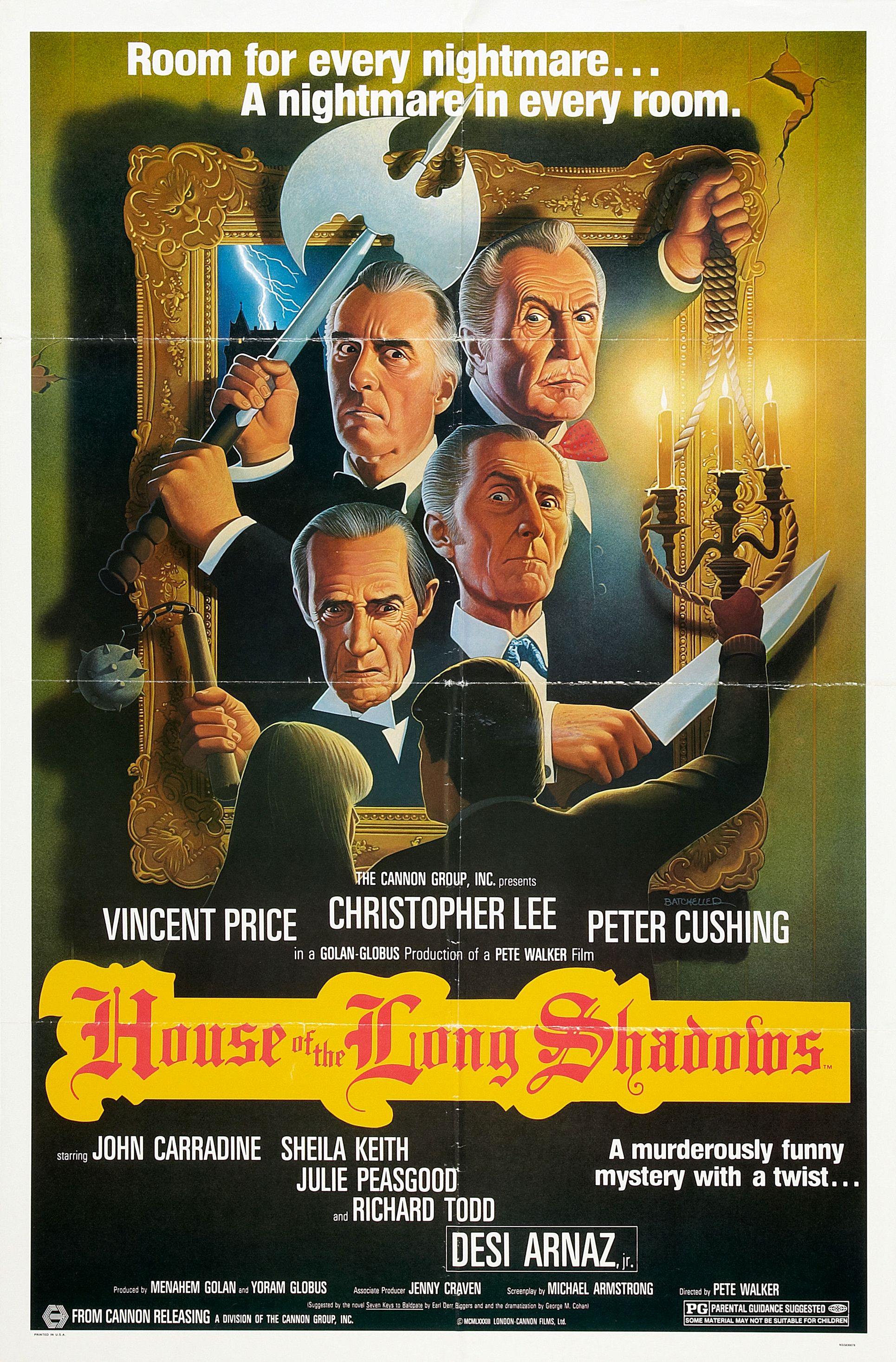
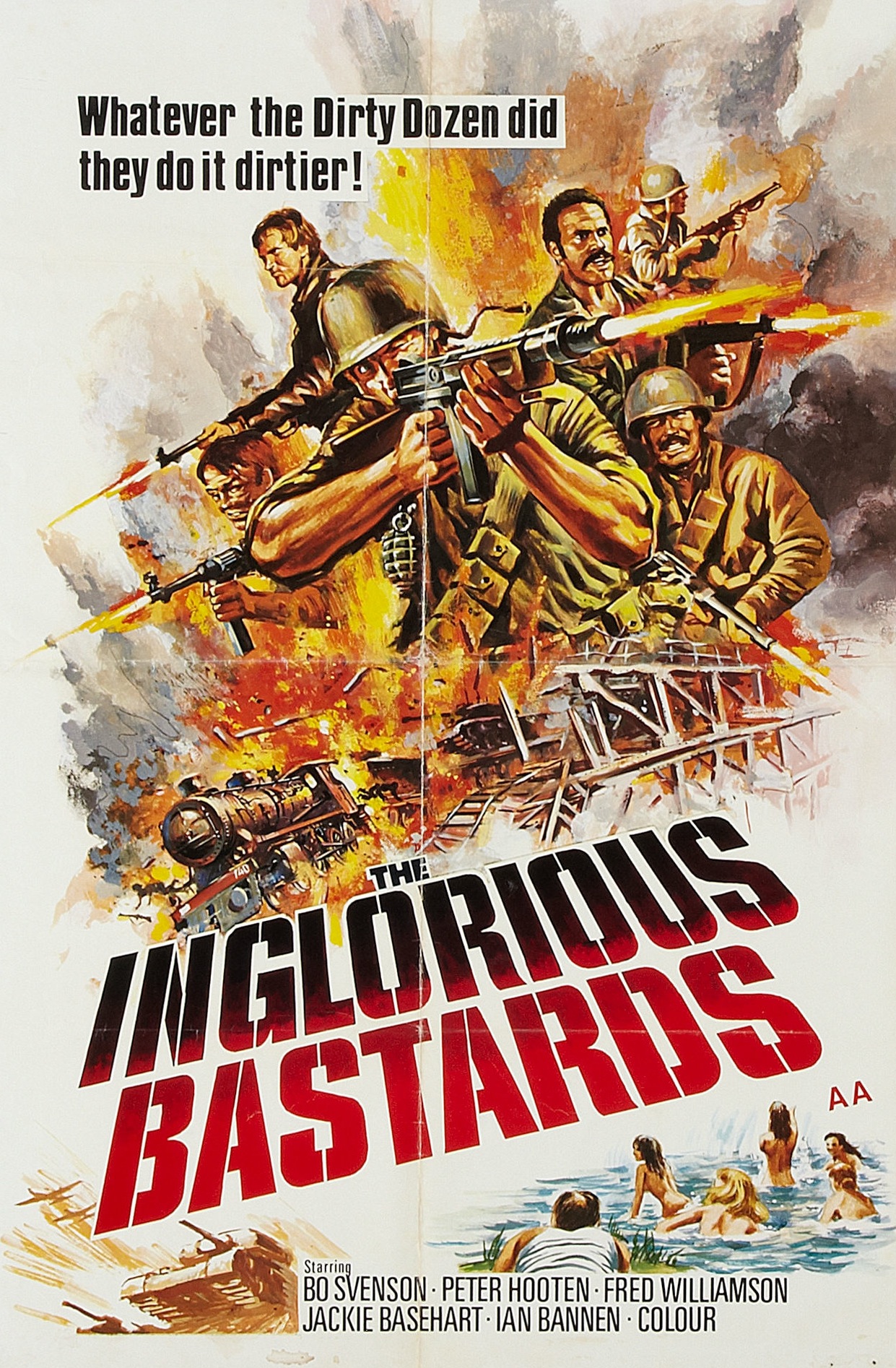
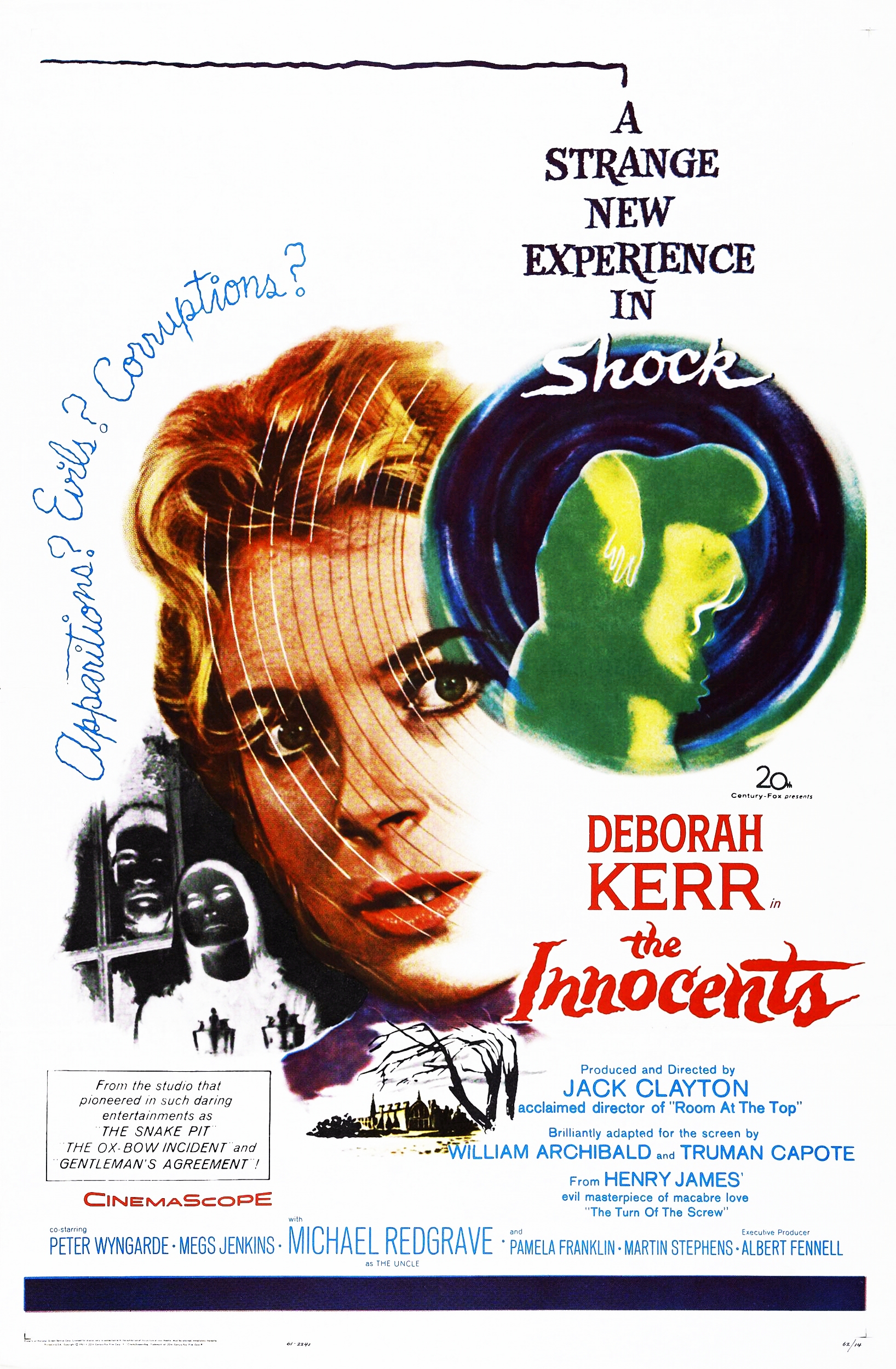
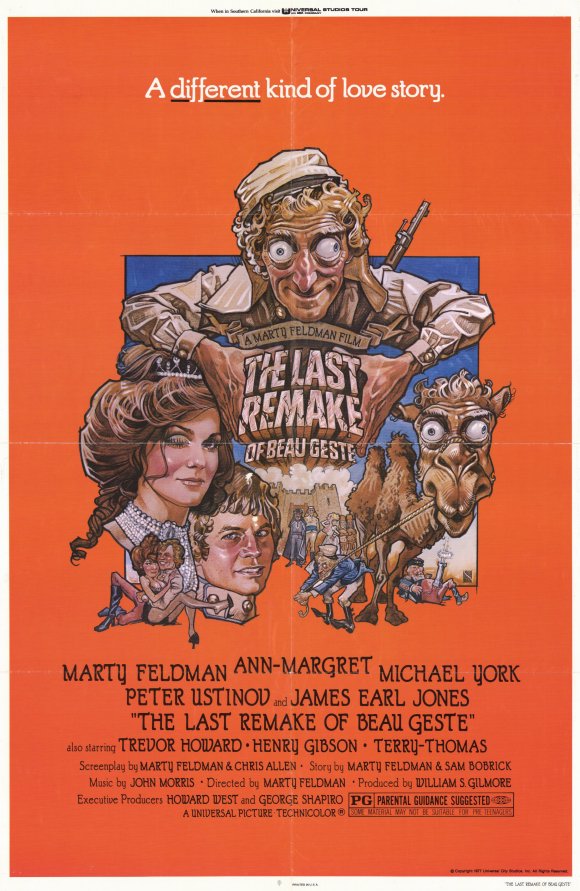
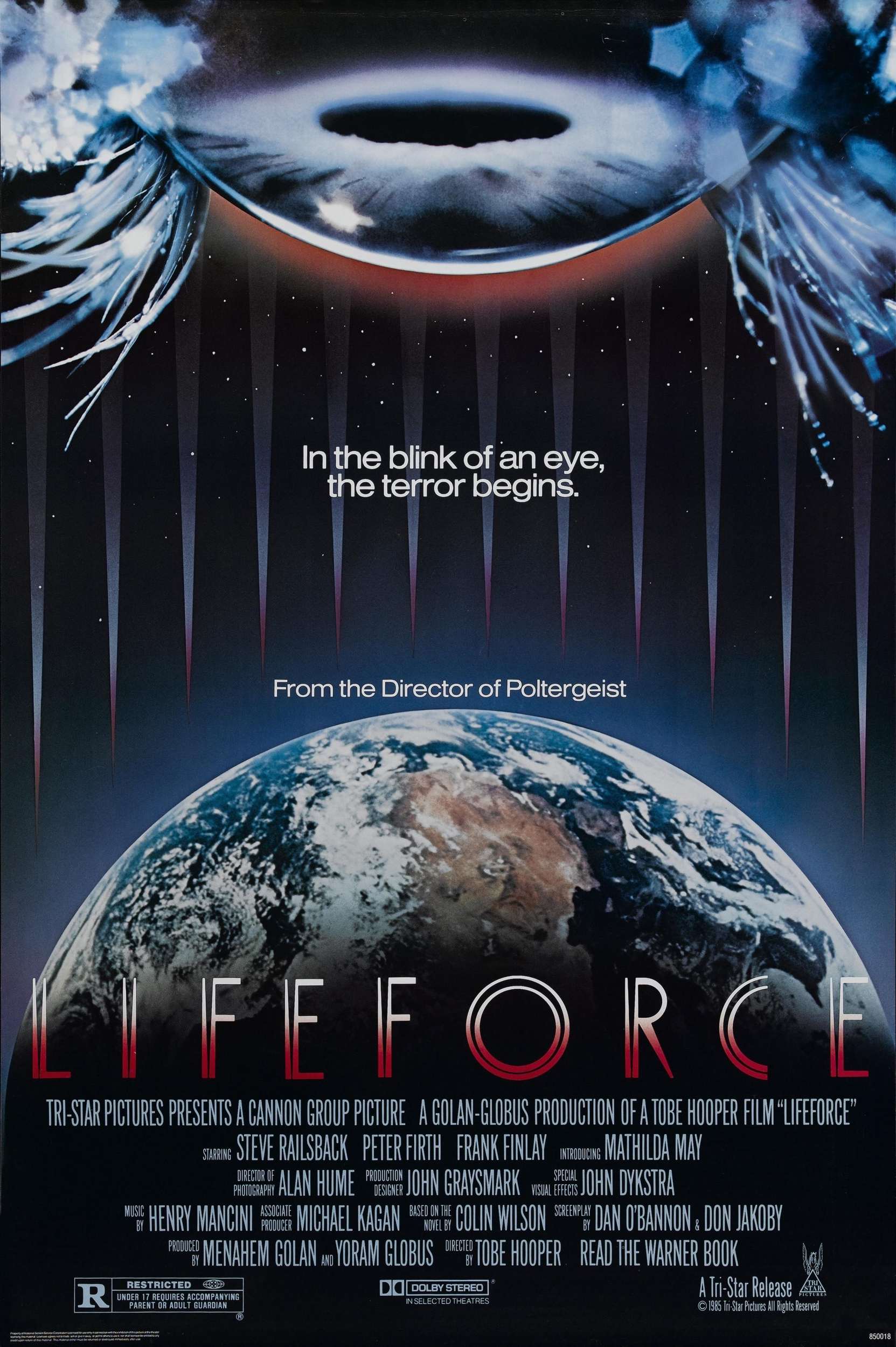
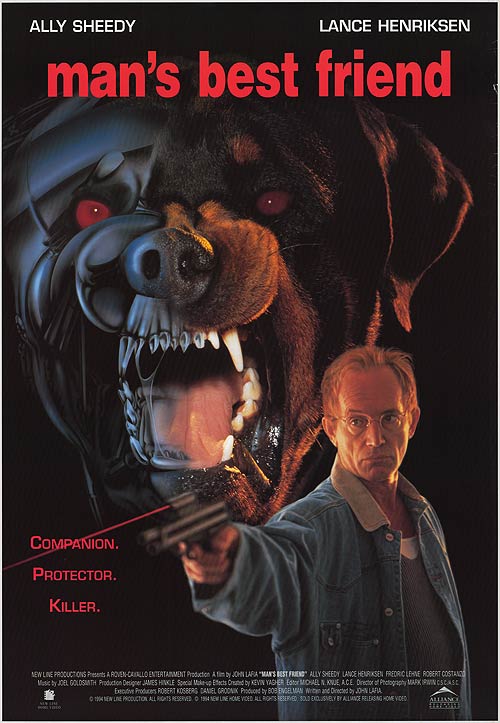
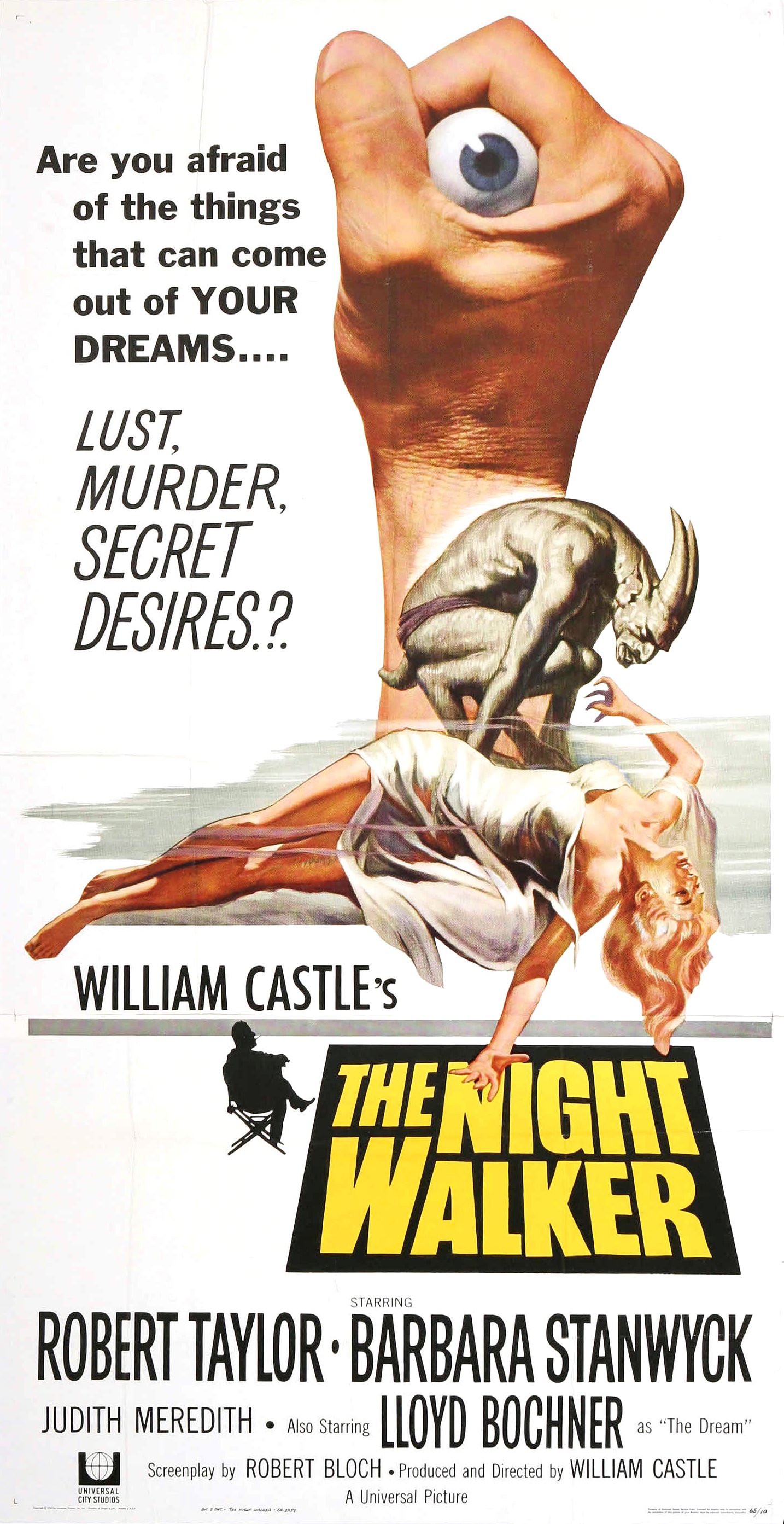
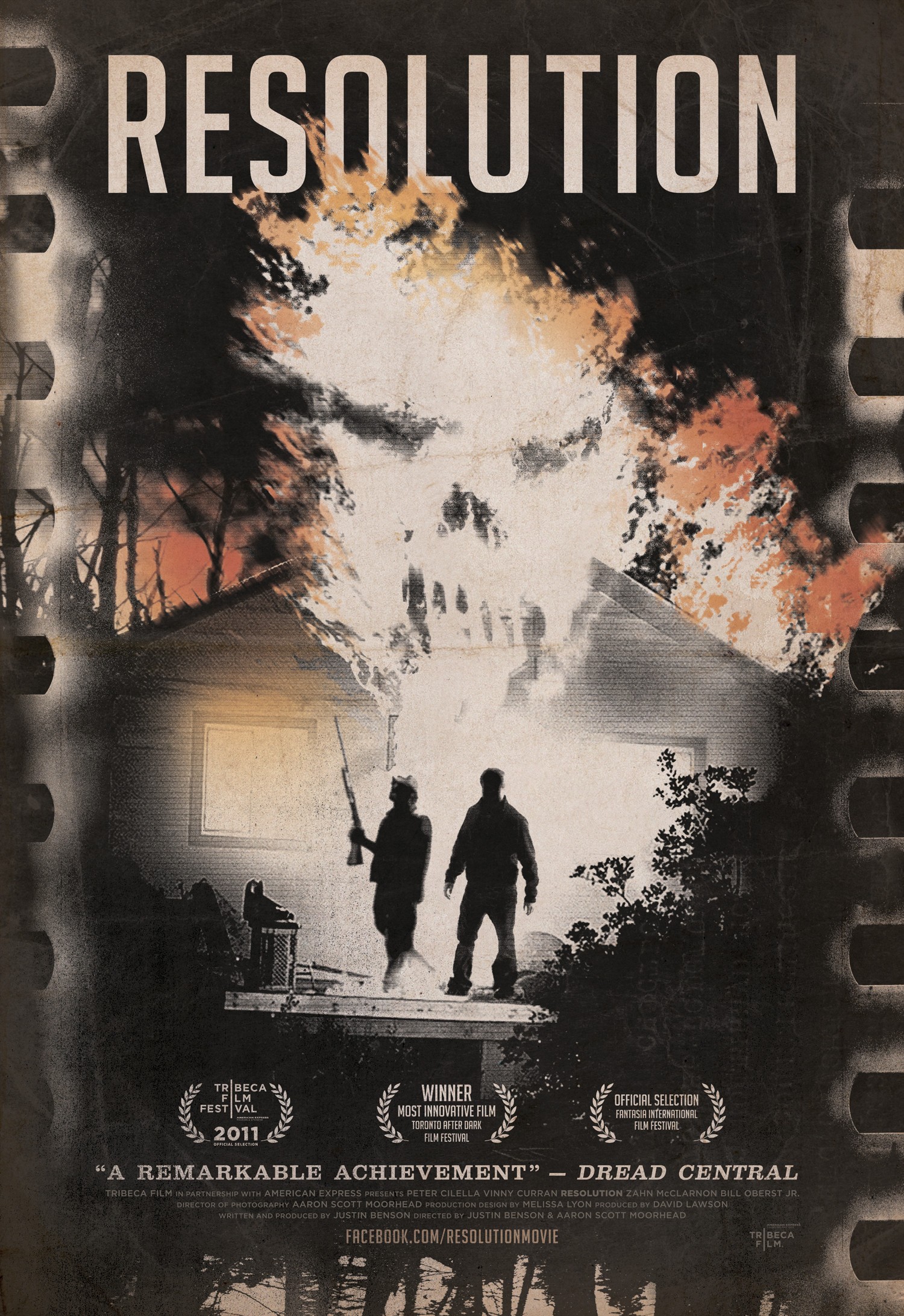
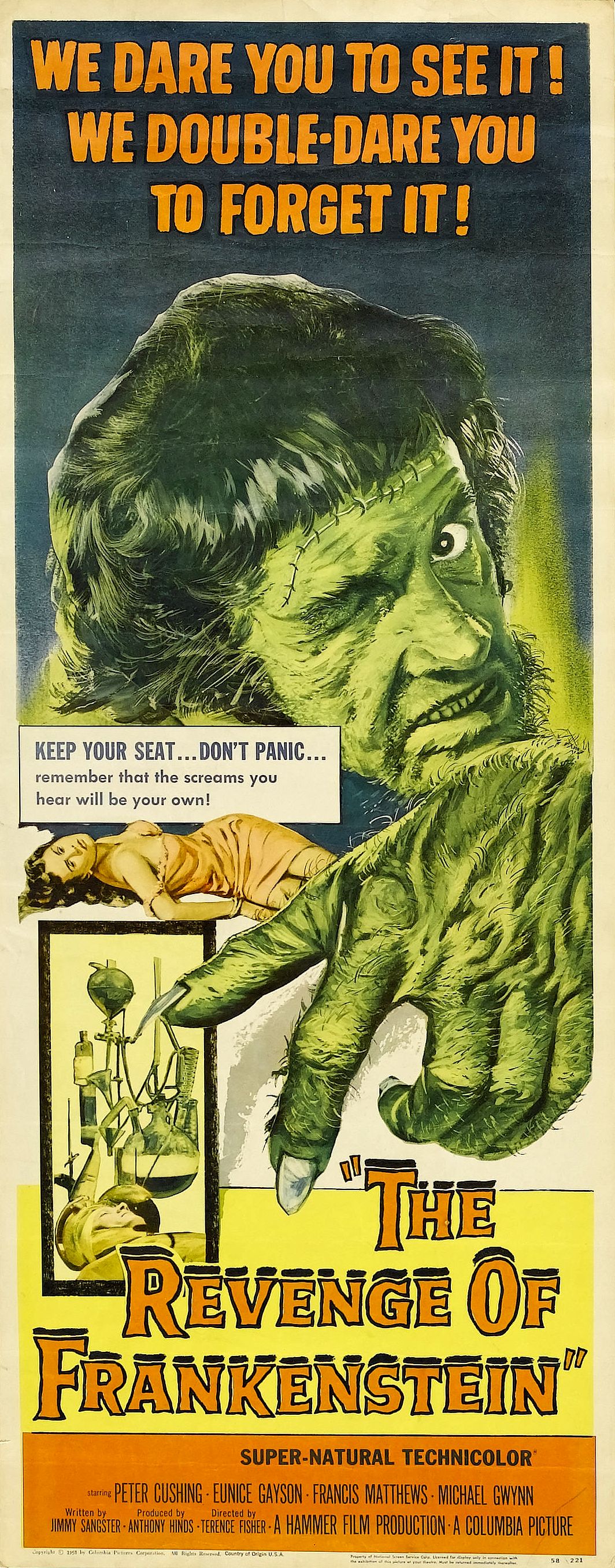
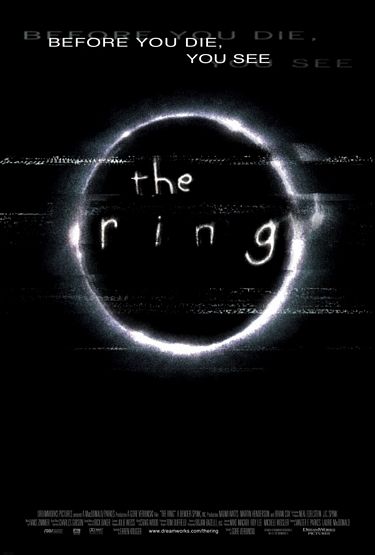
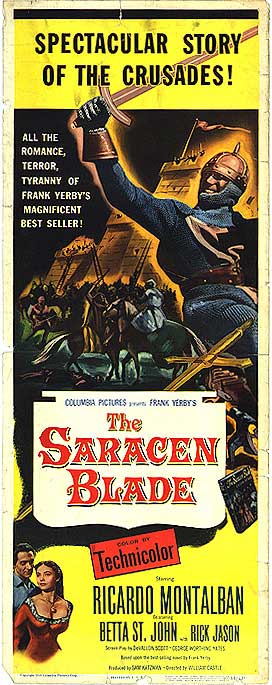

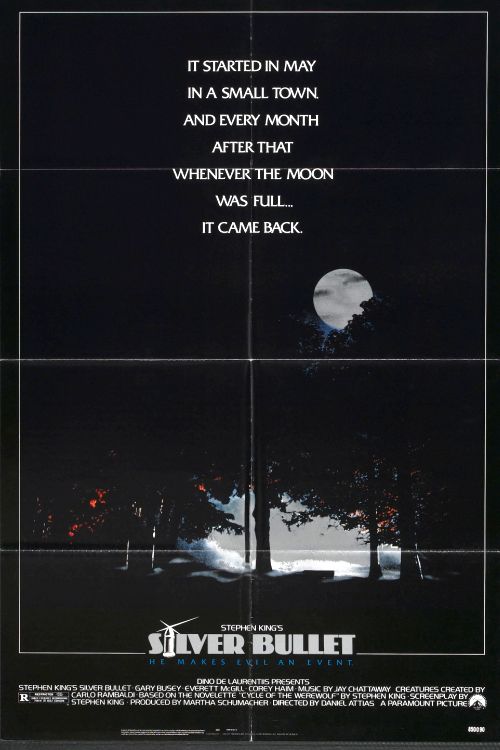
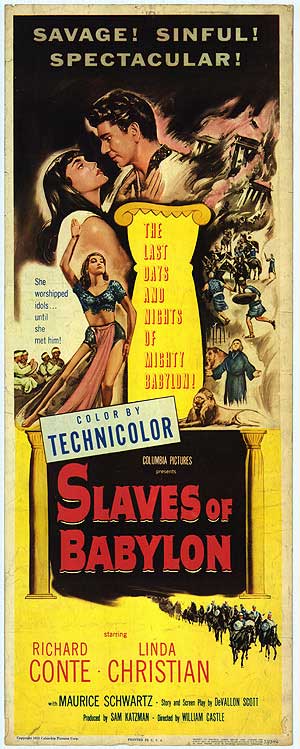

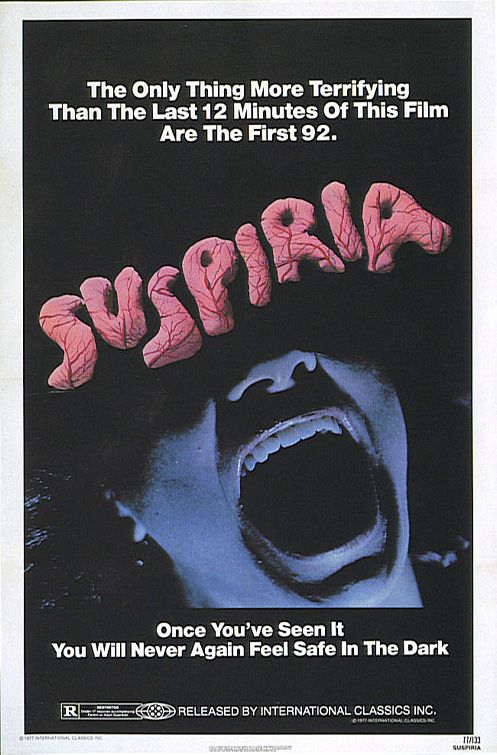
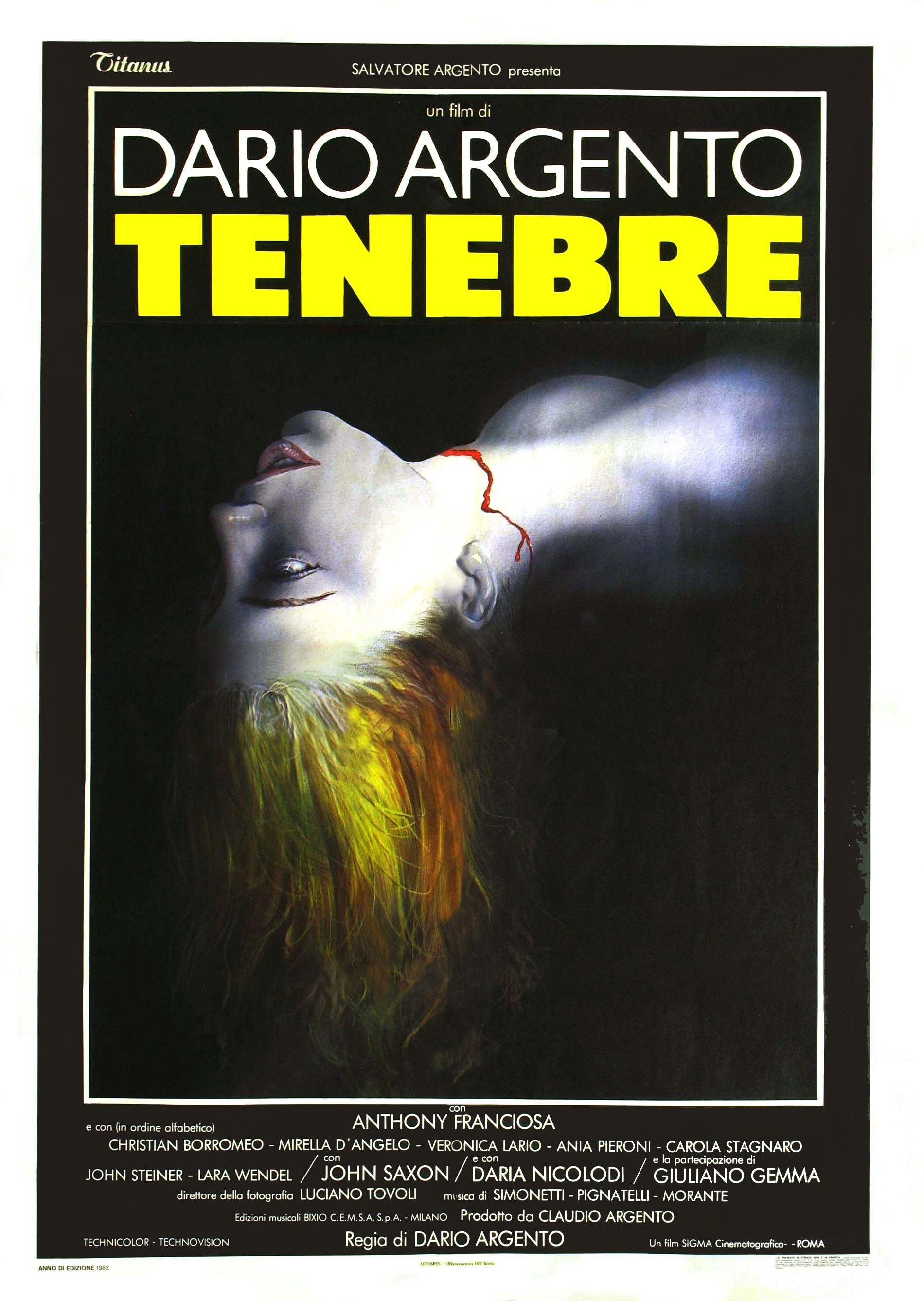
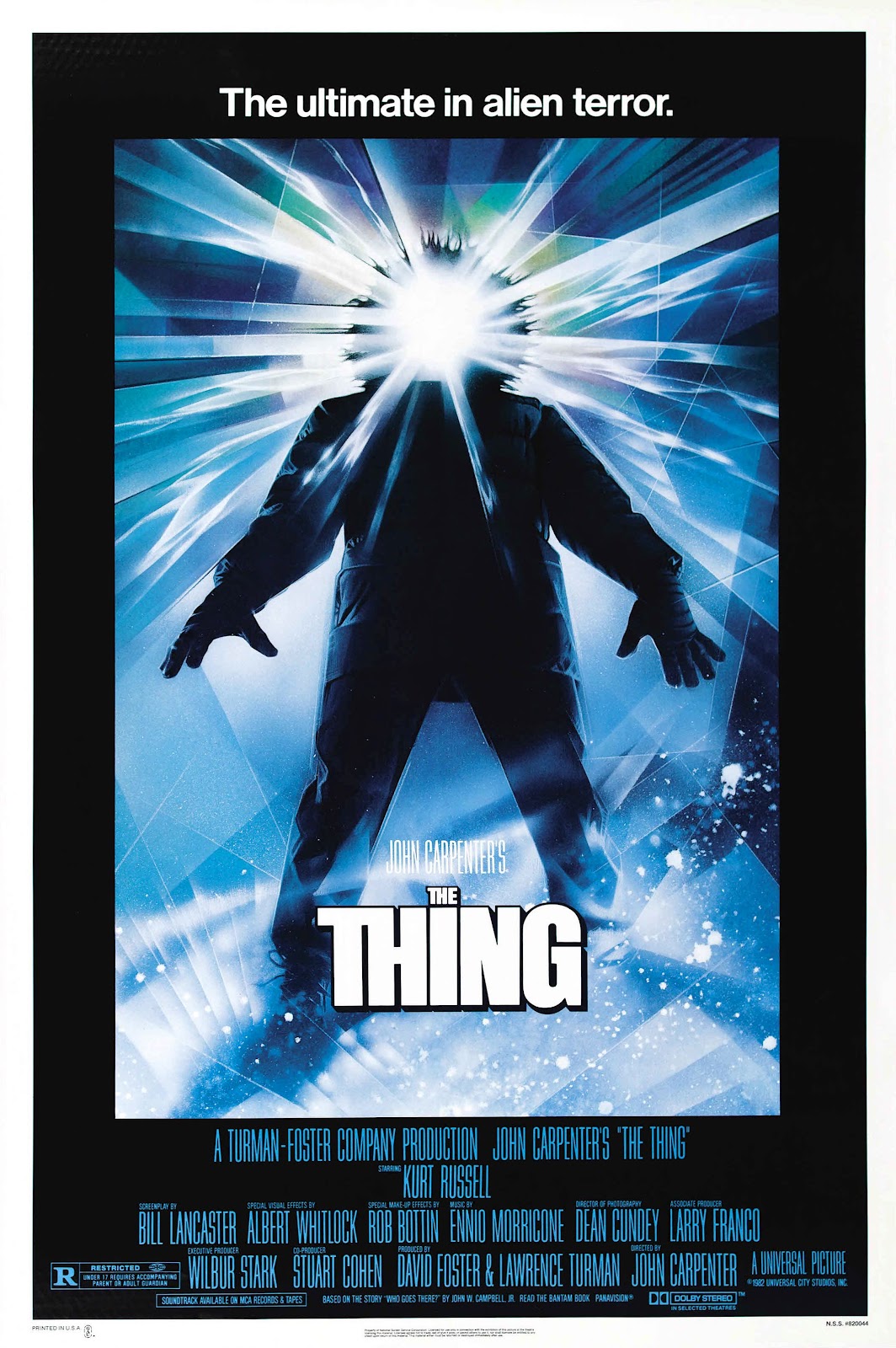
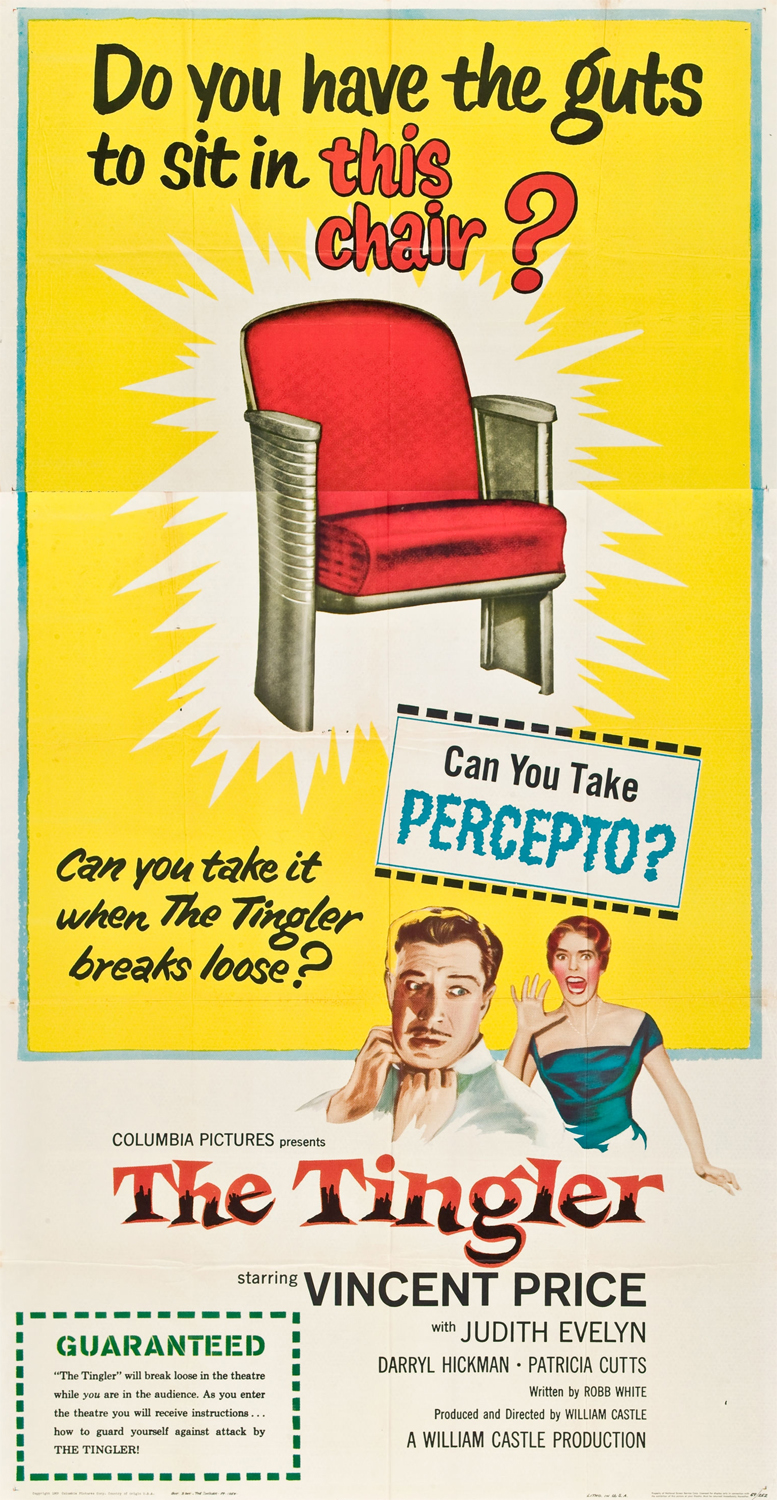
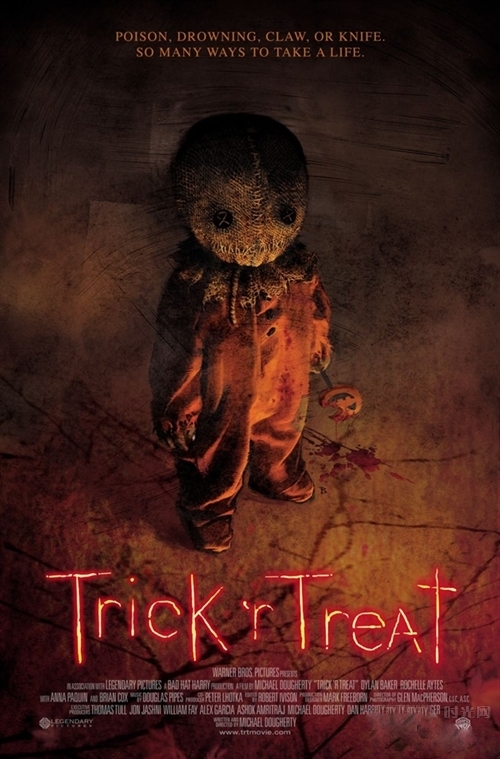

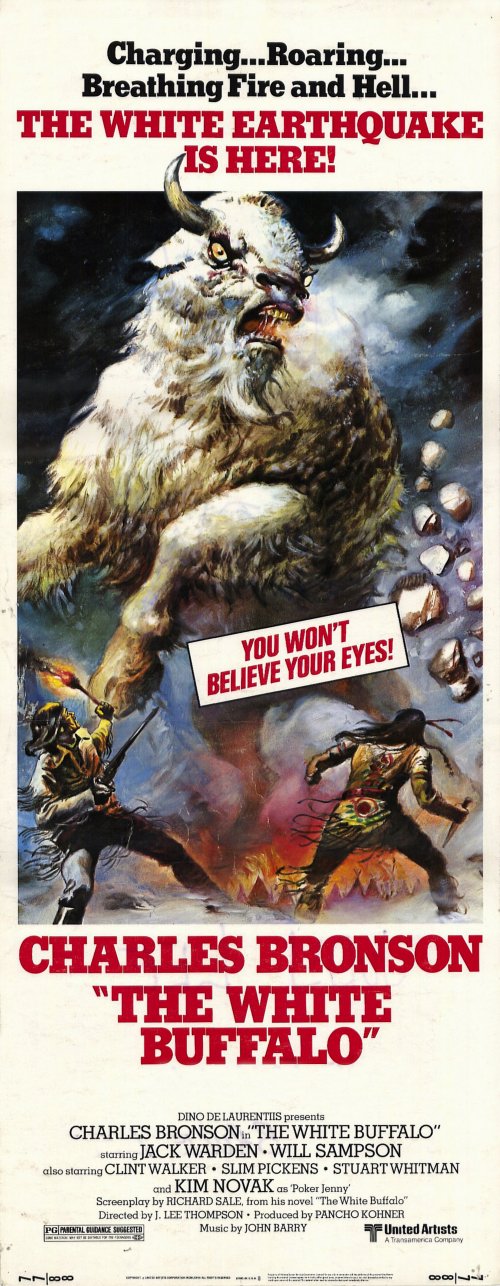
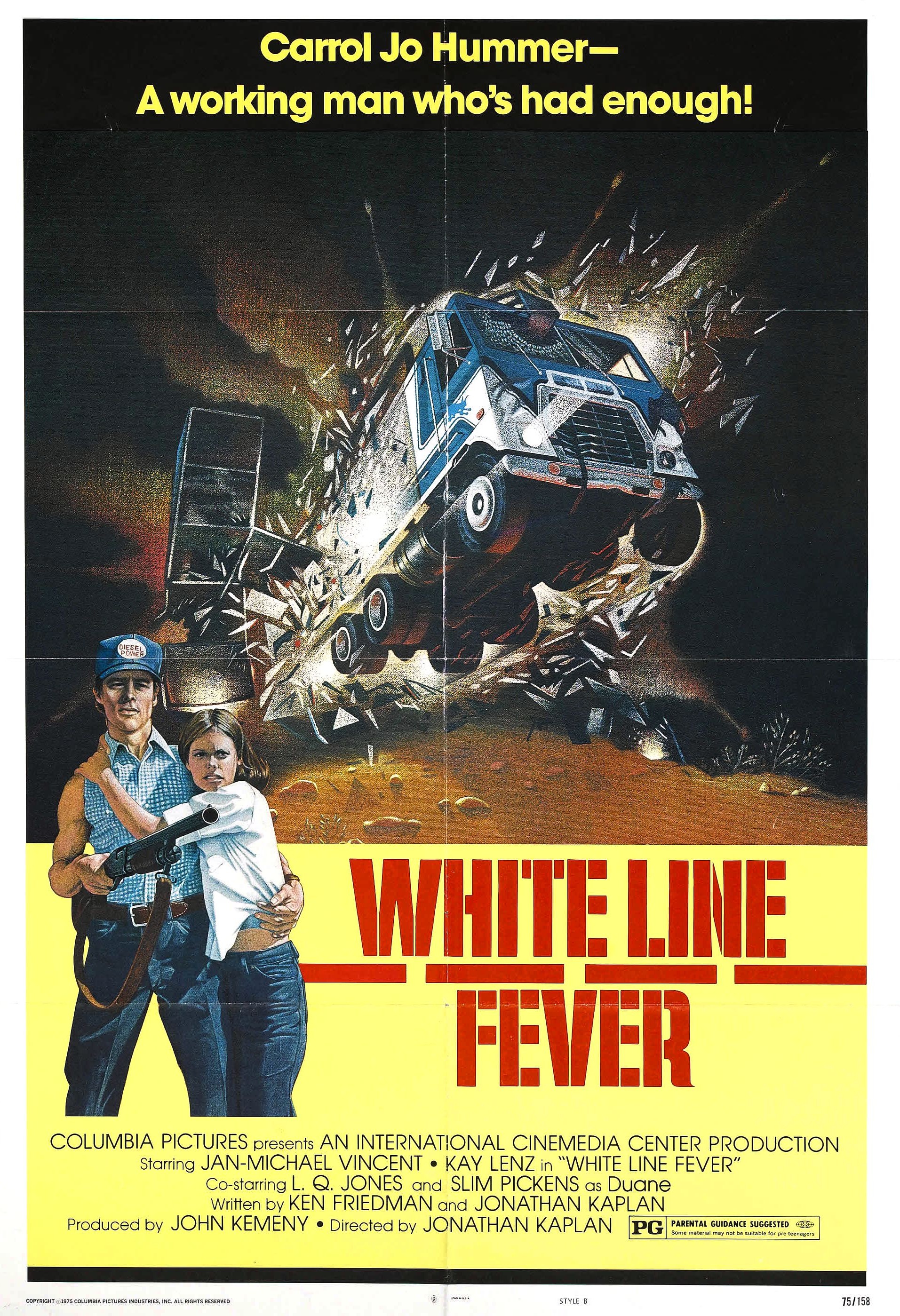
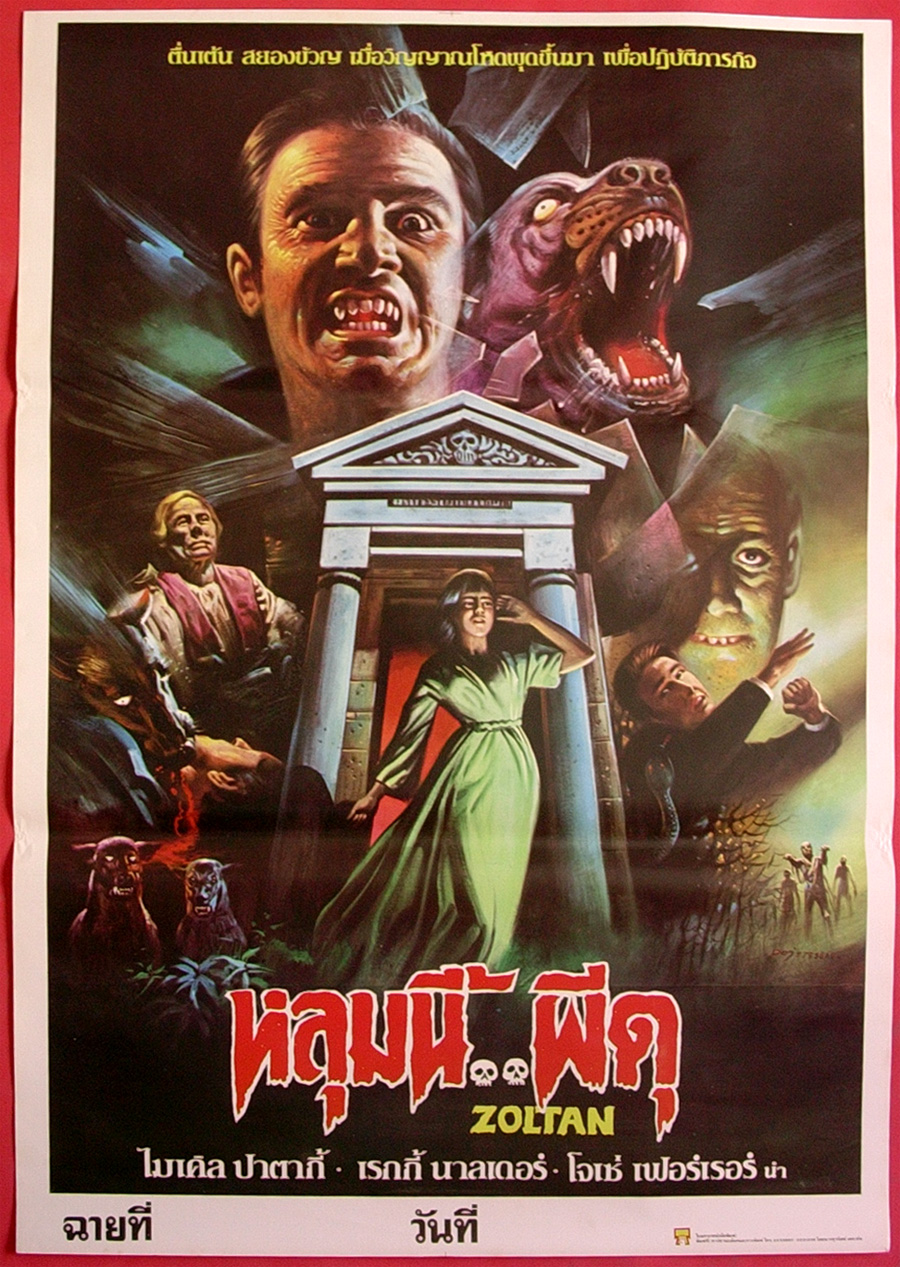
Leave a Reply